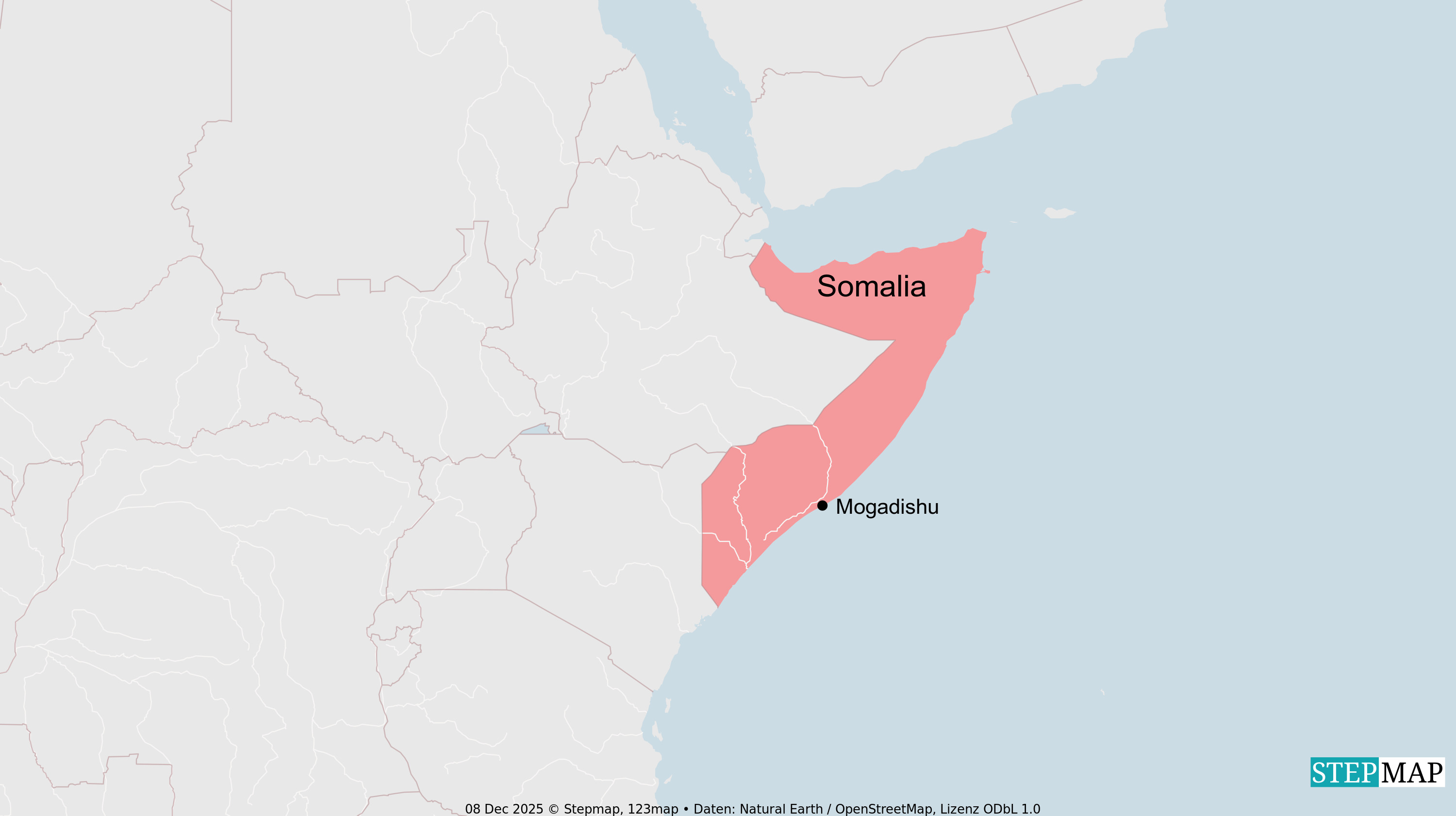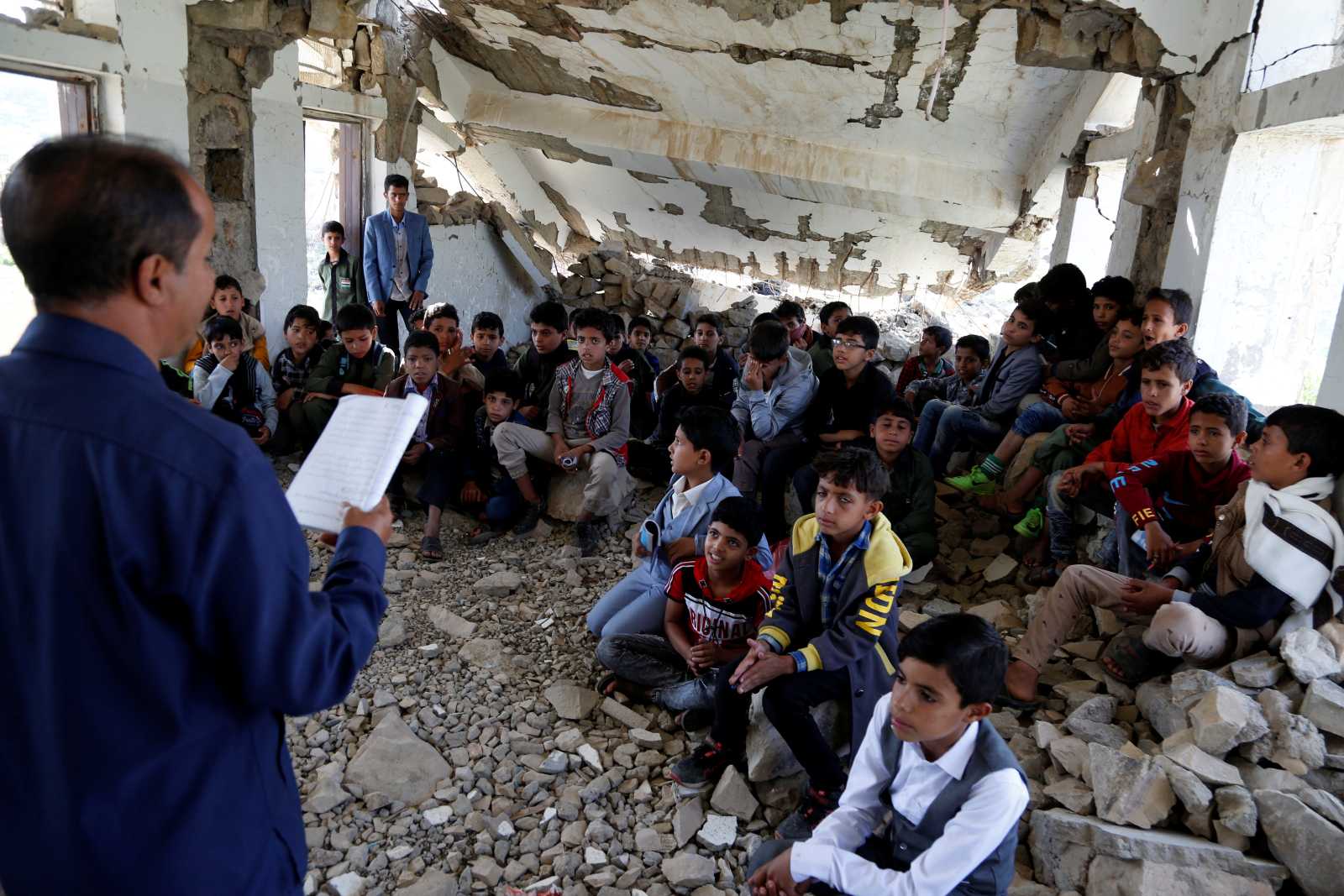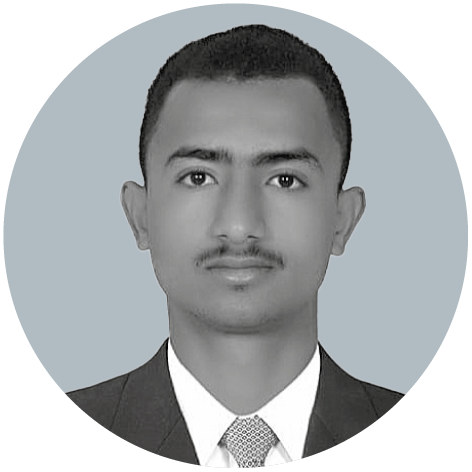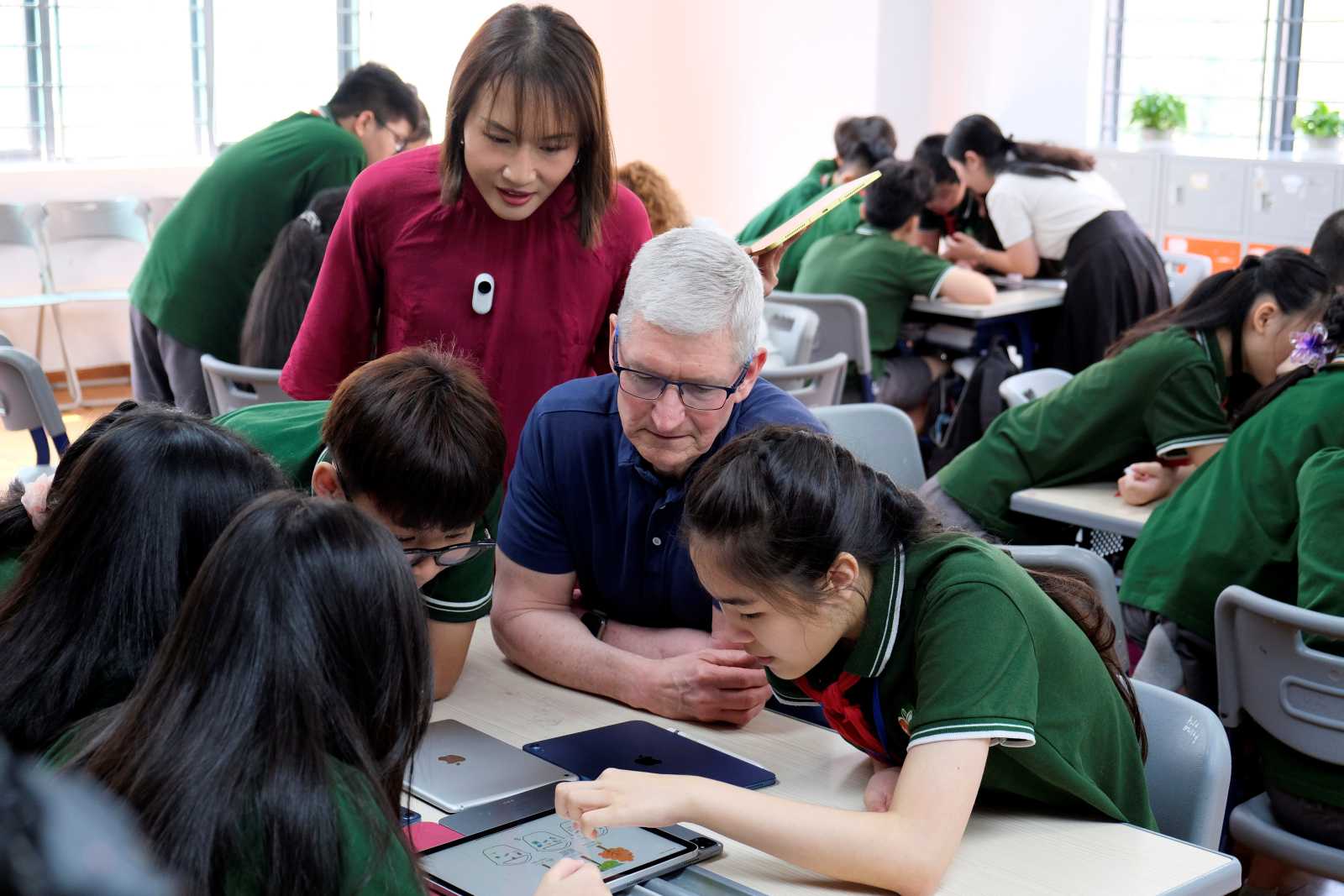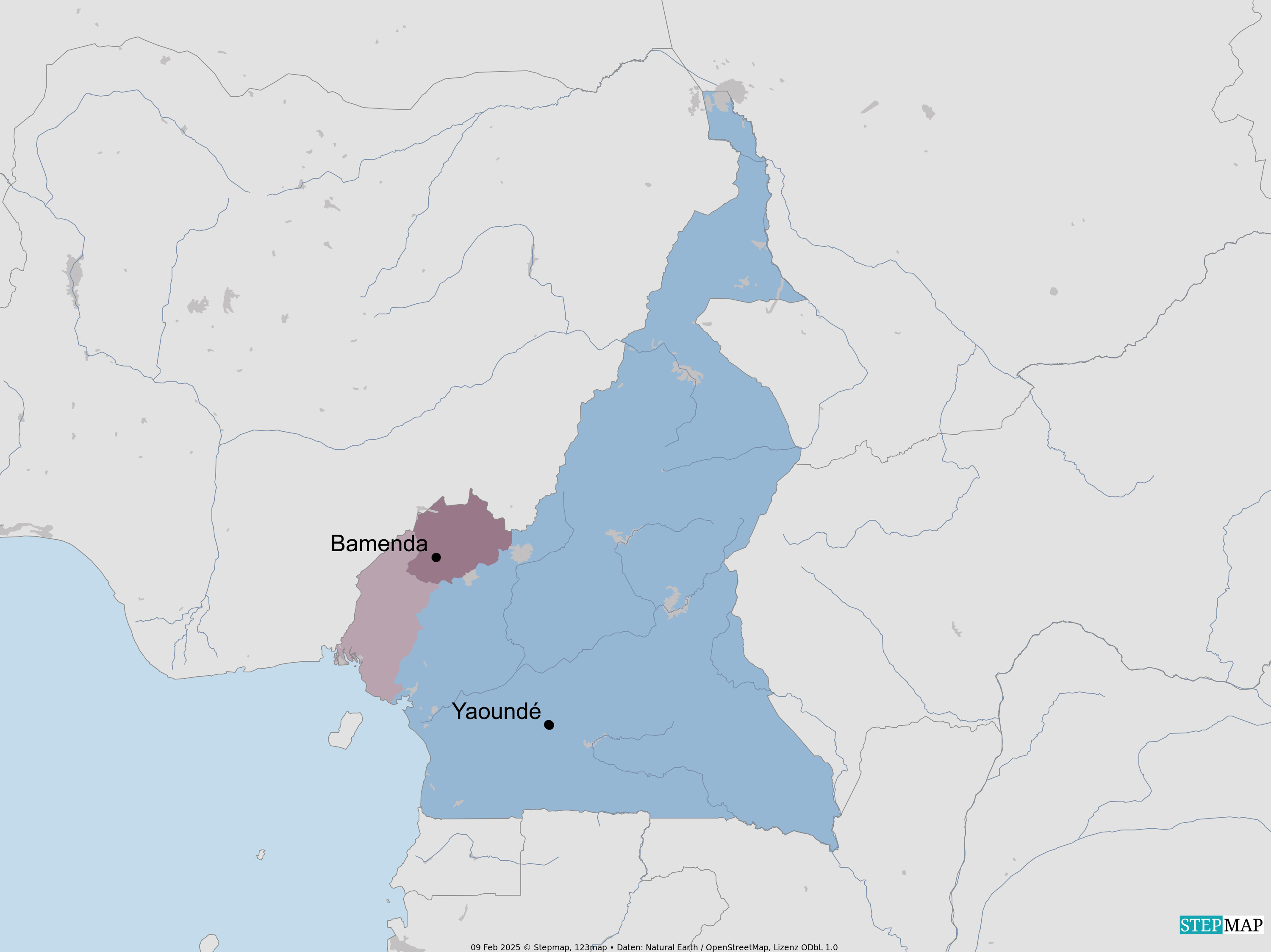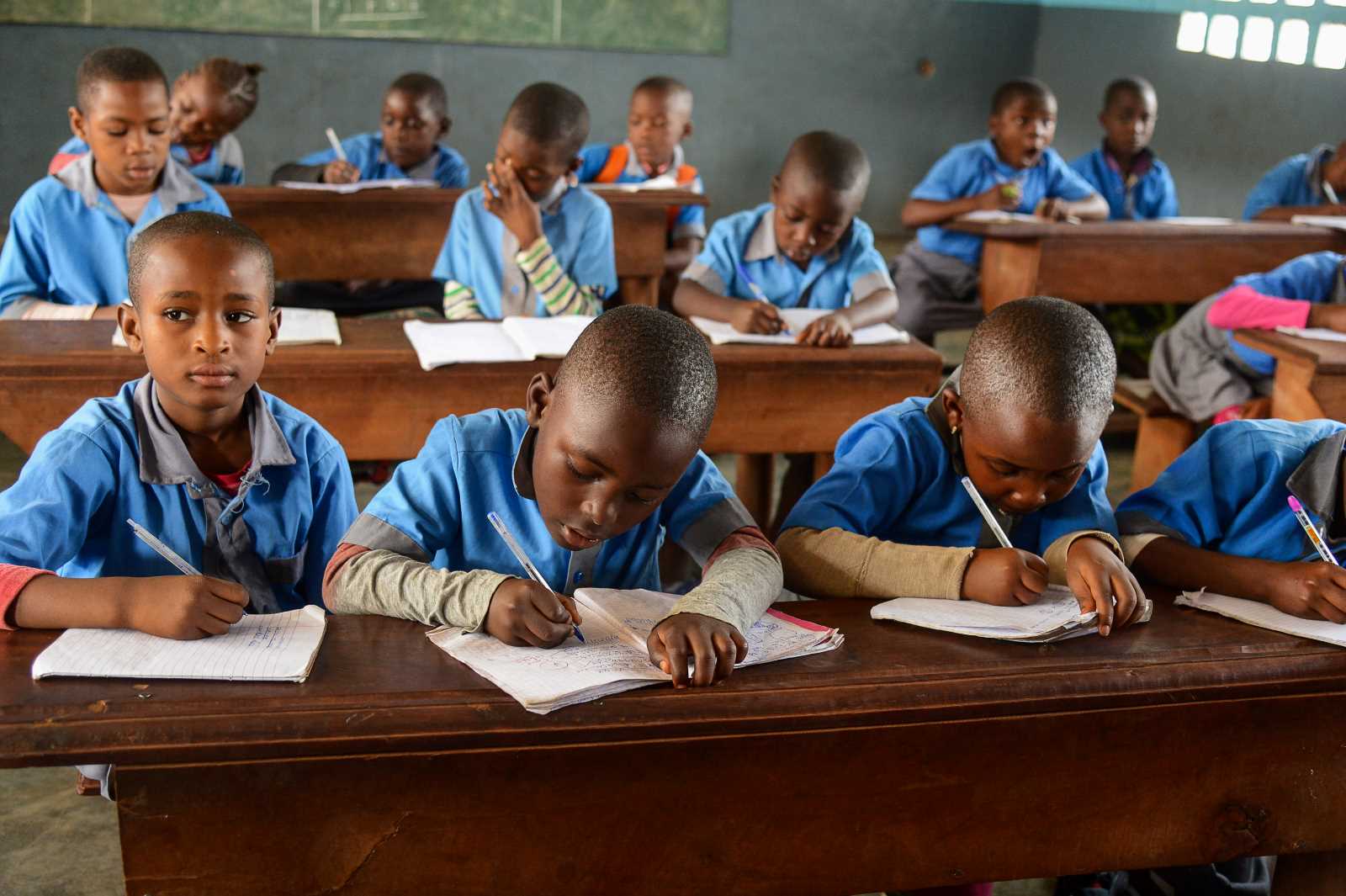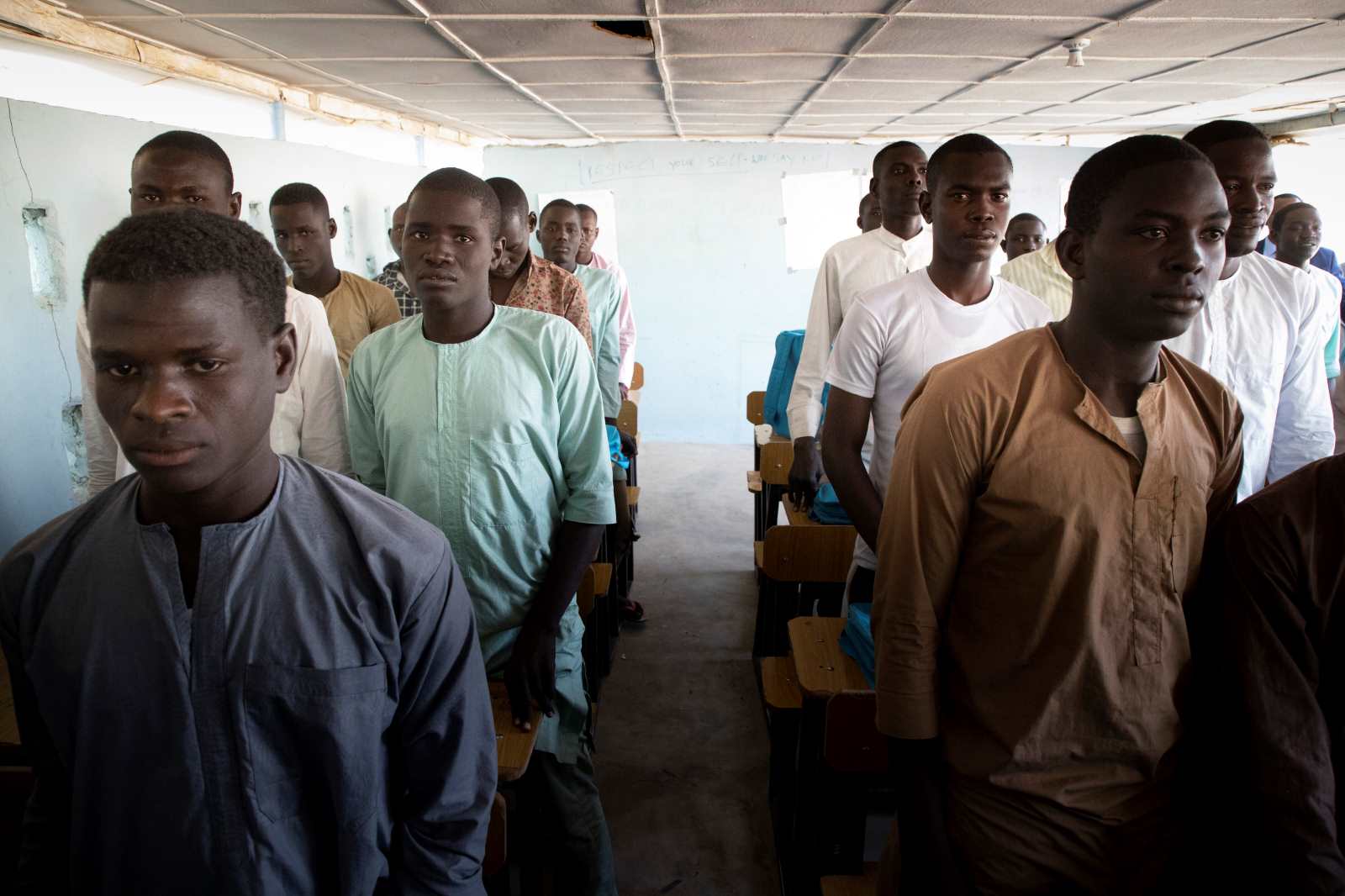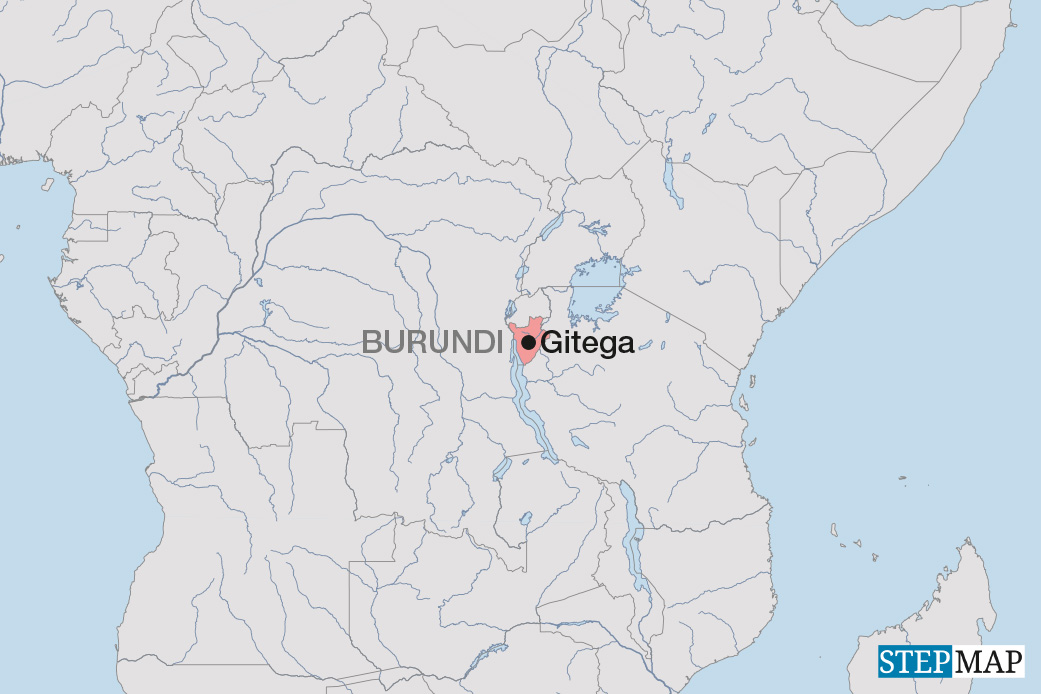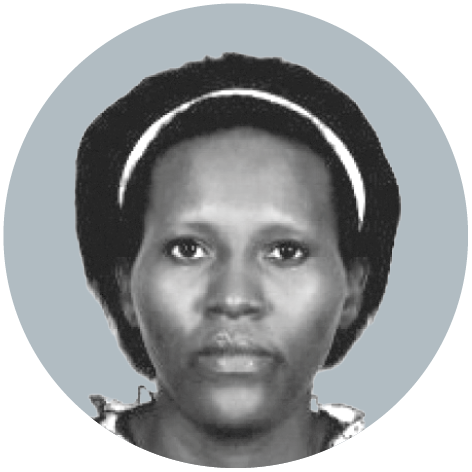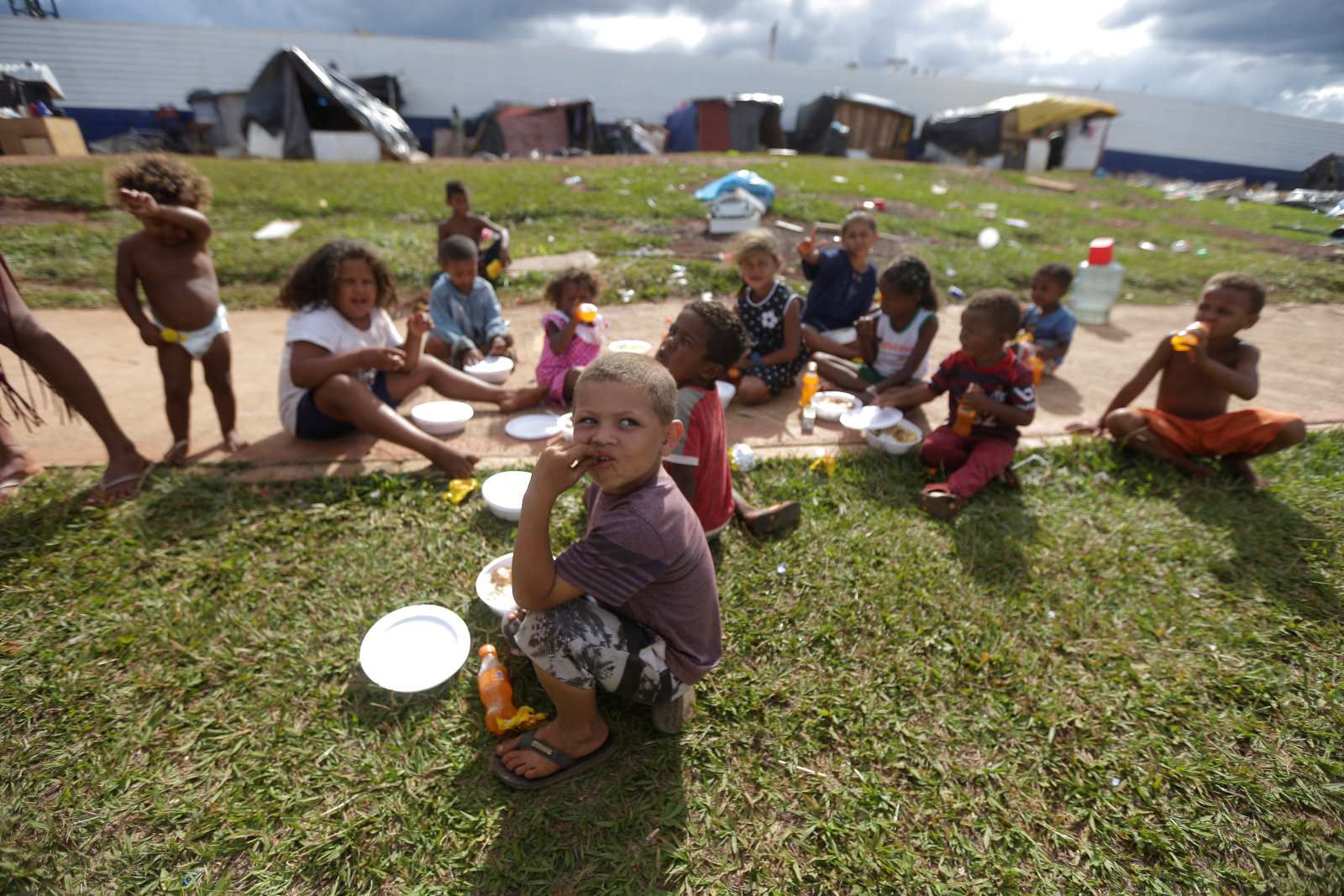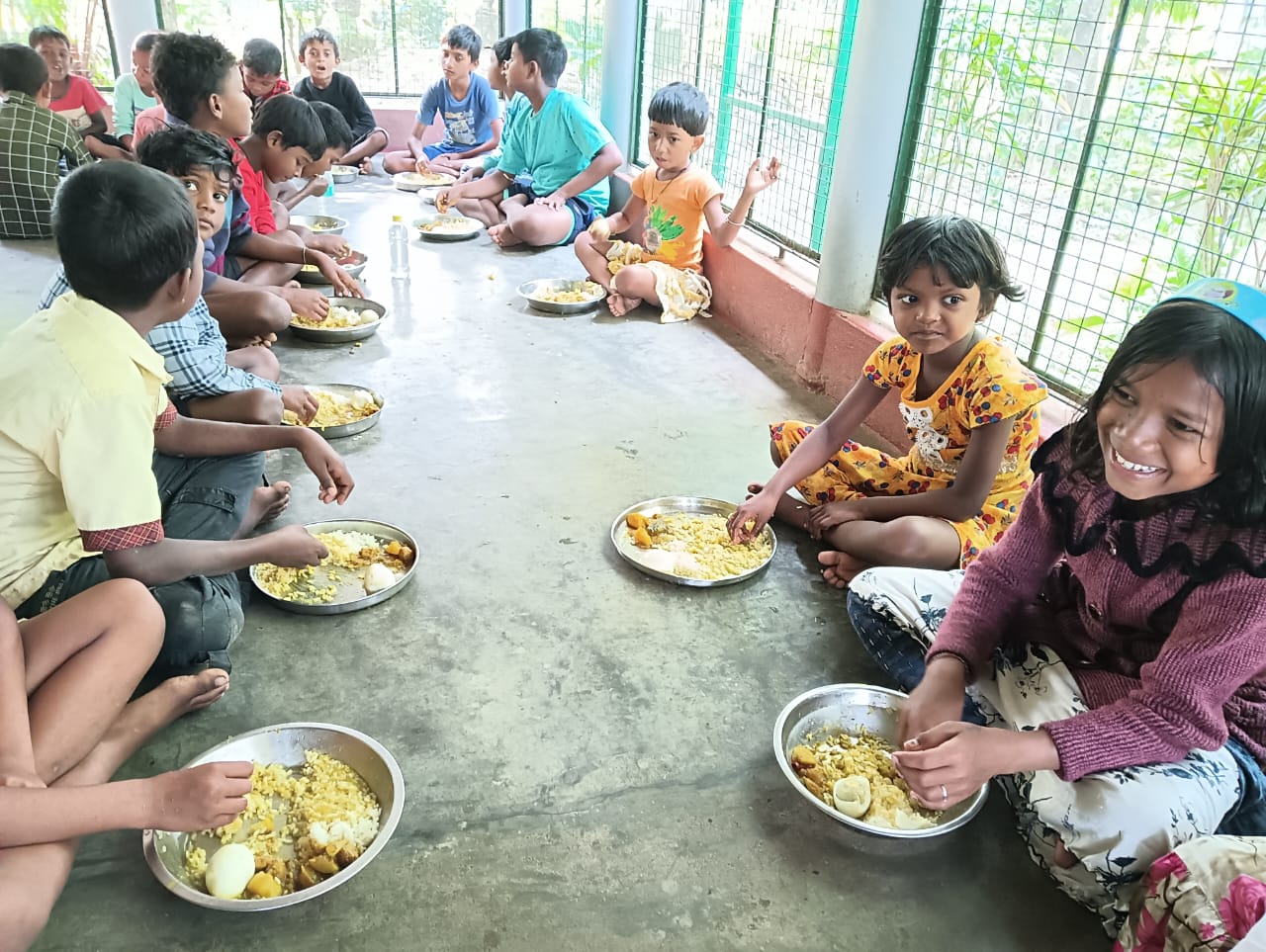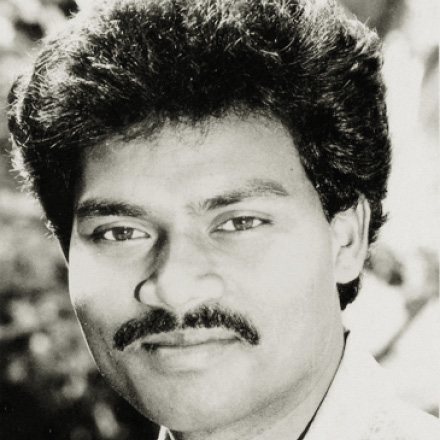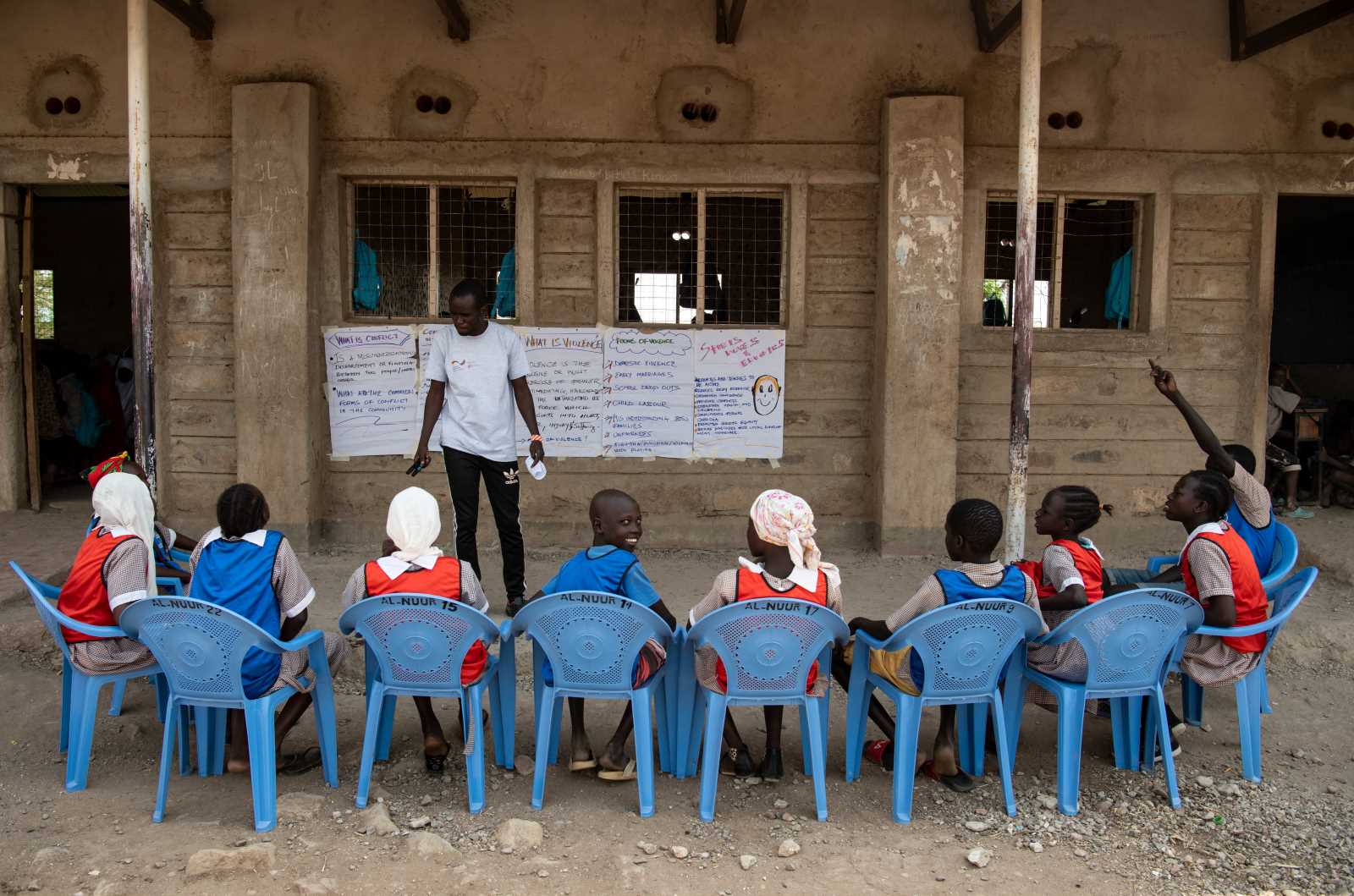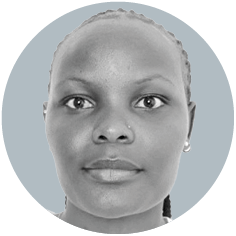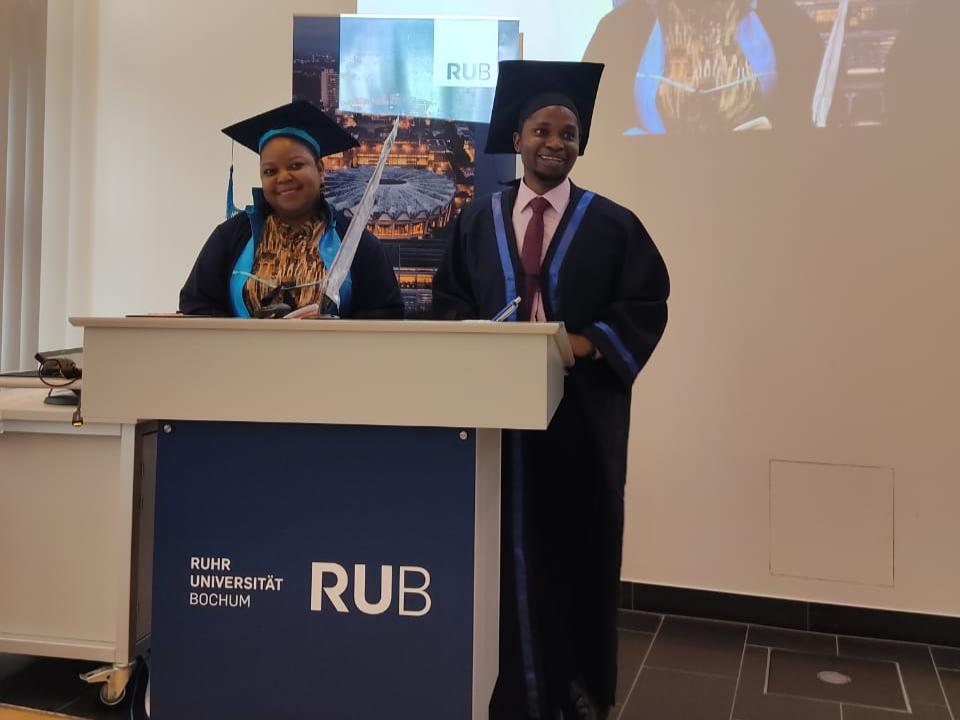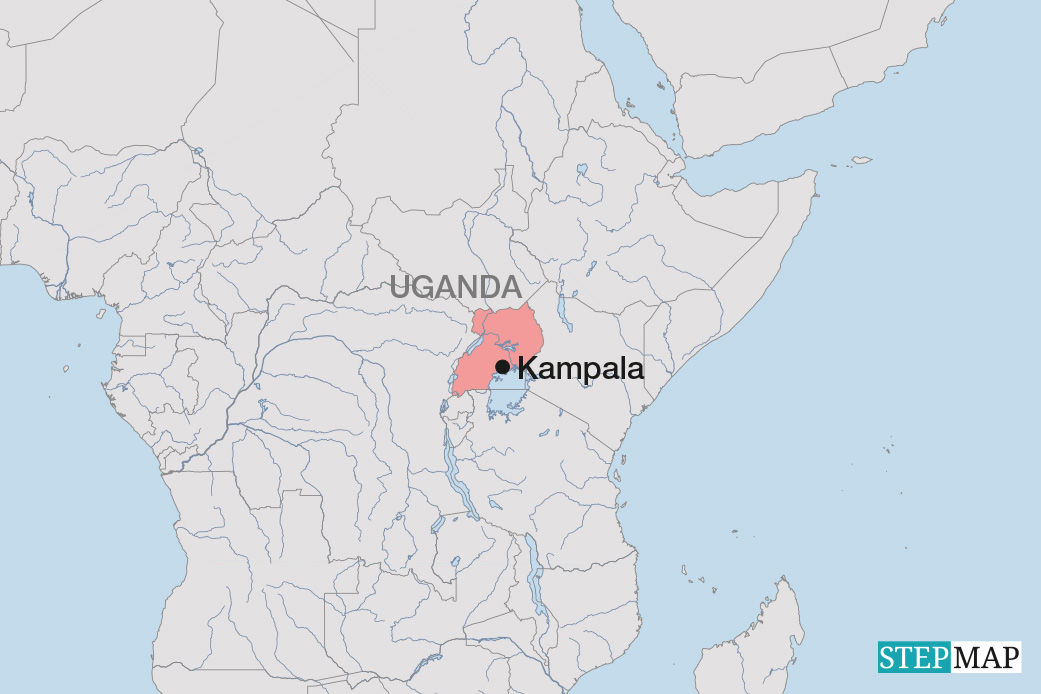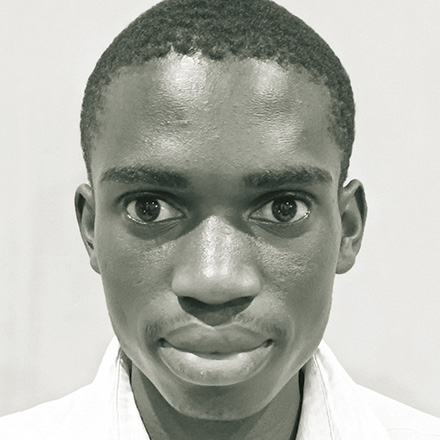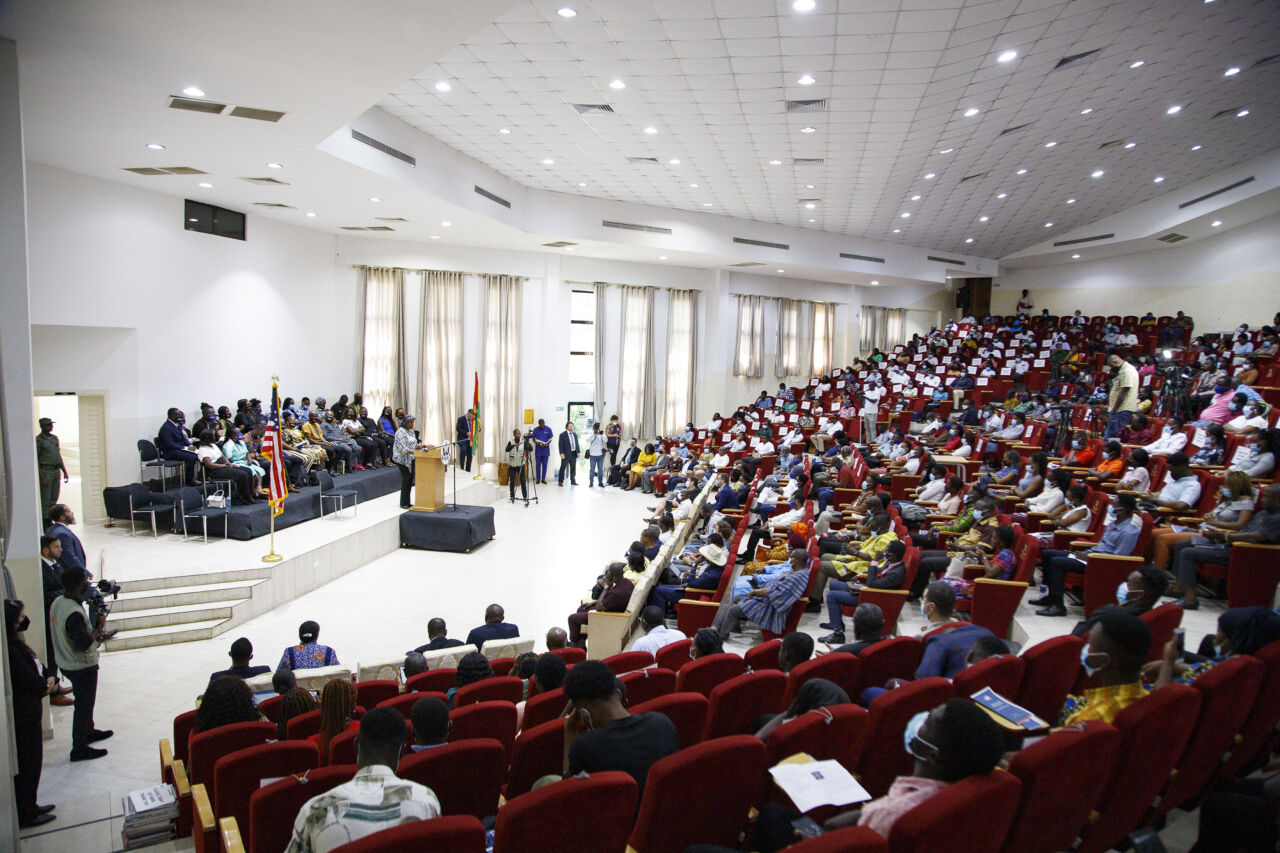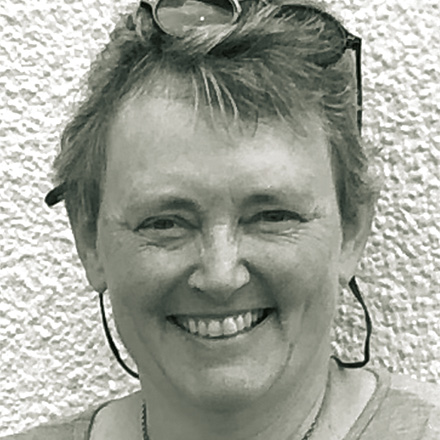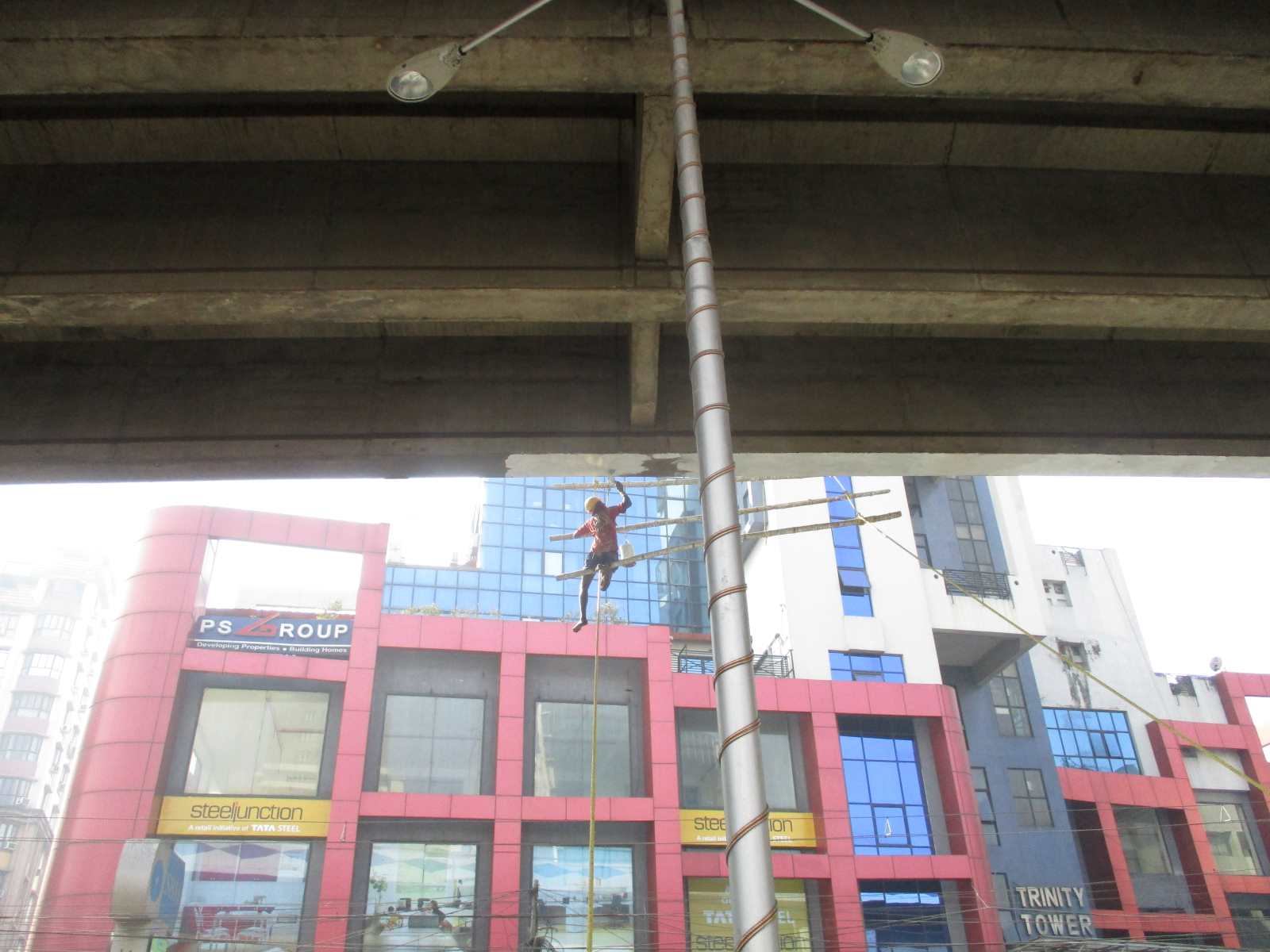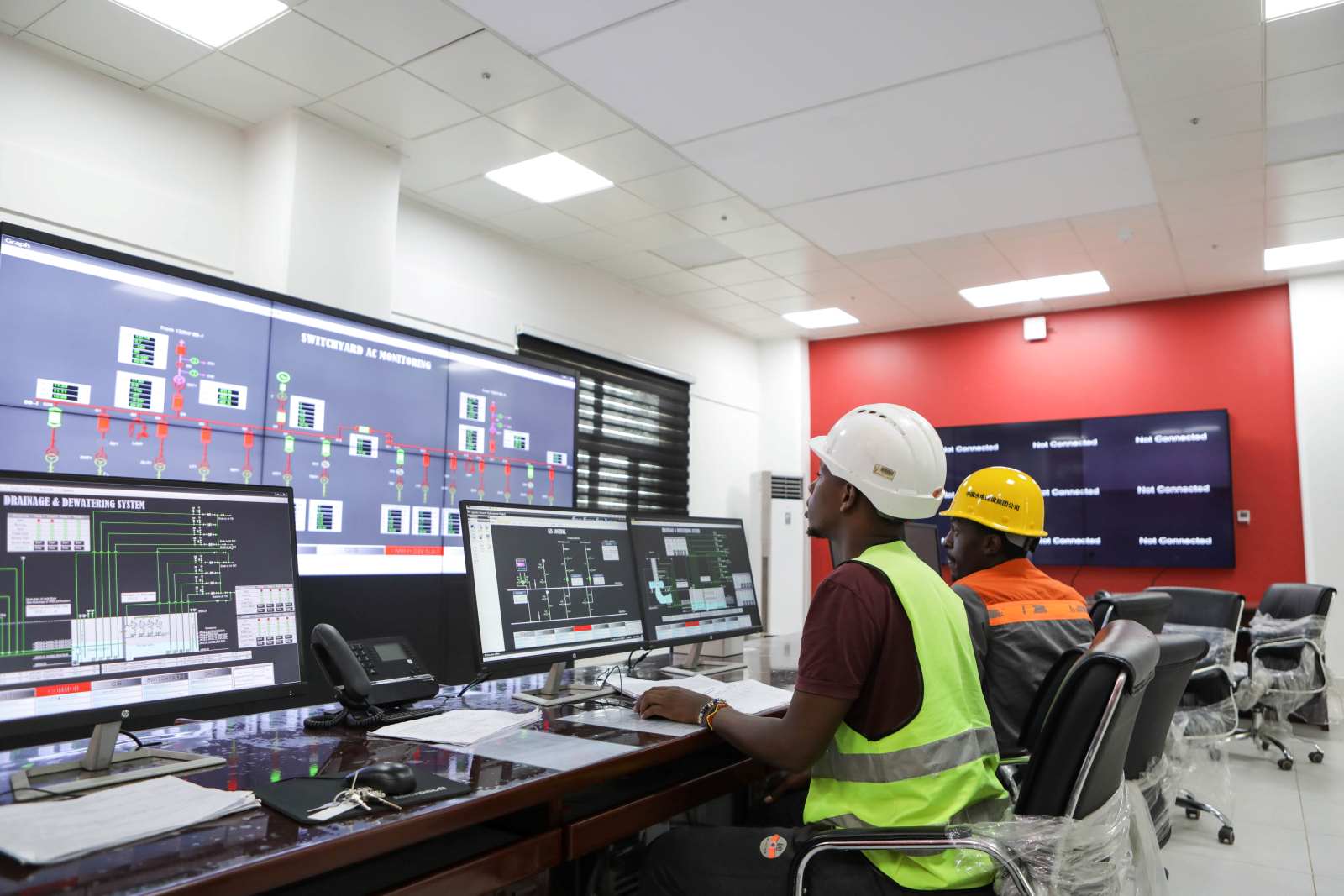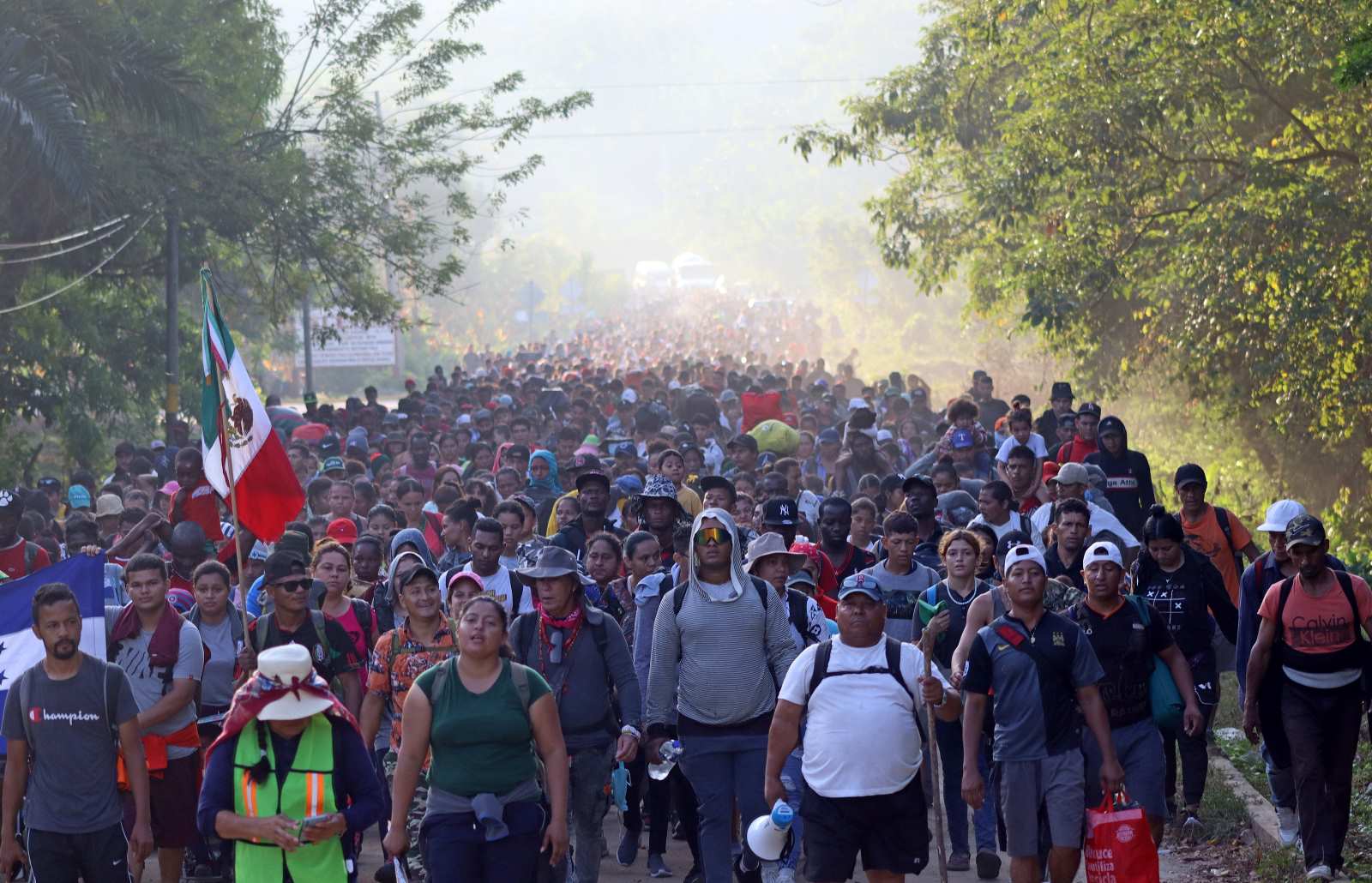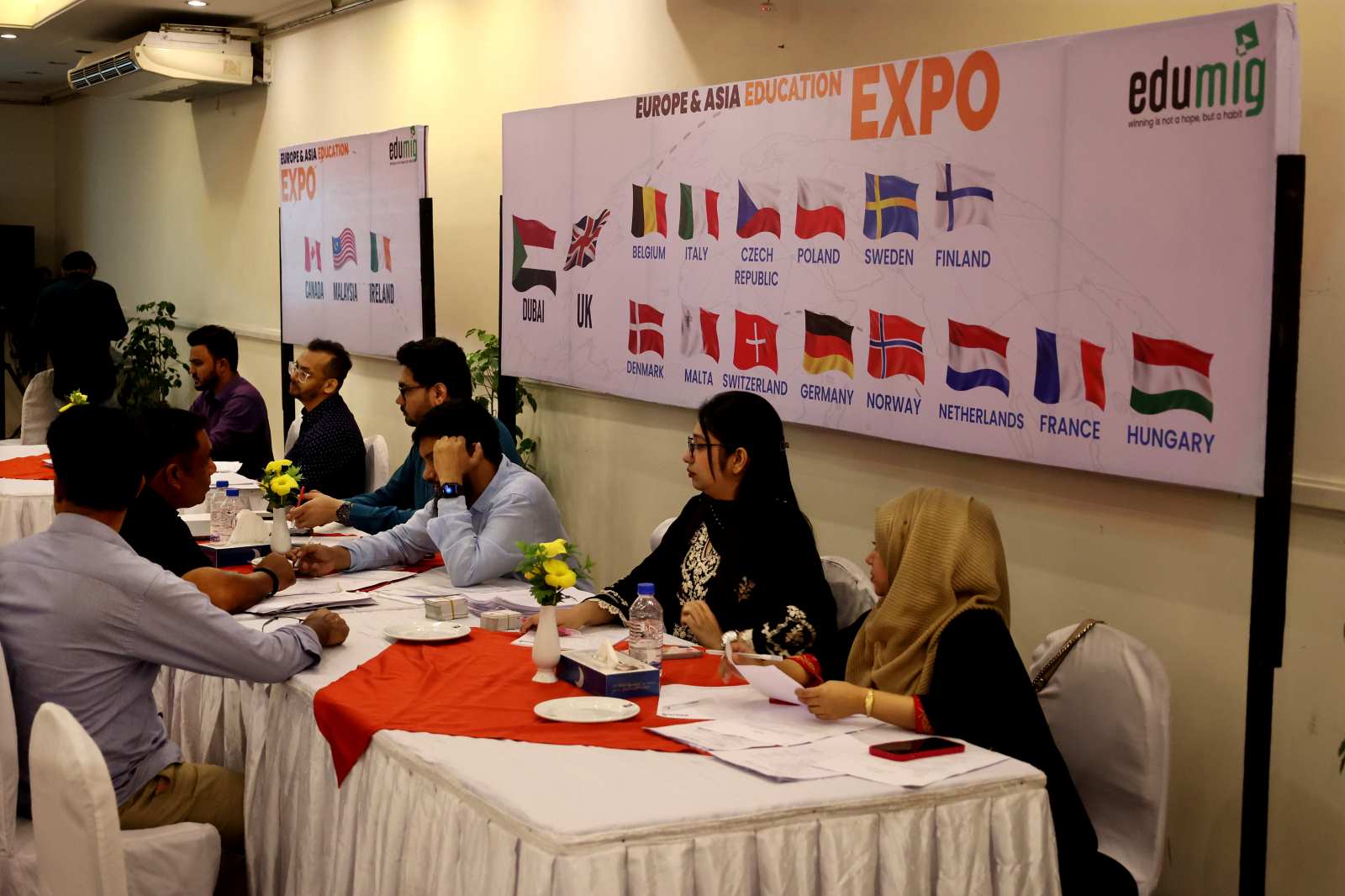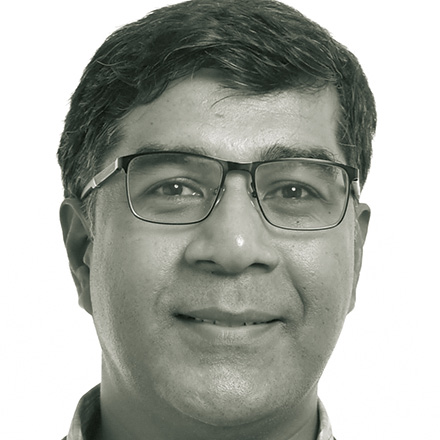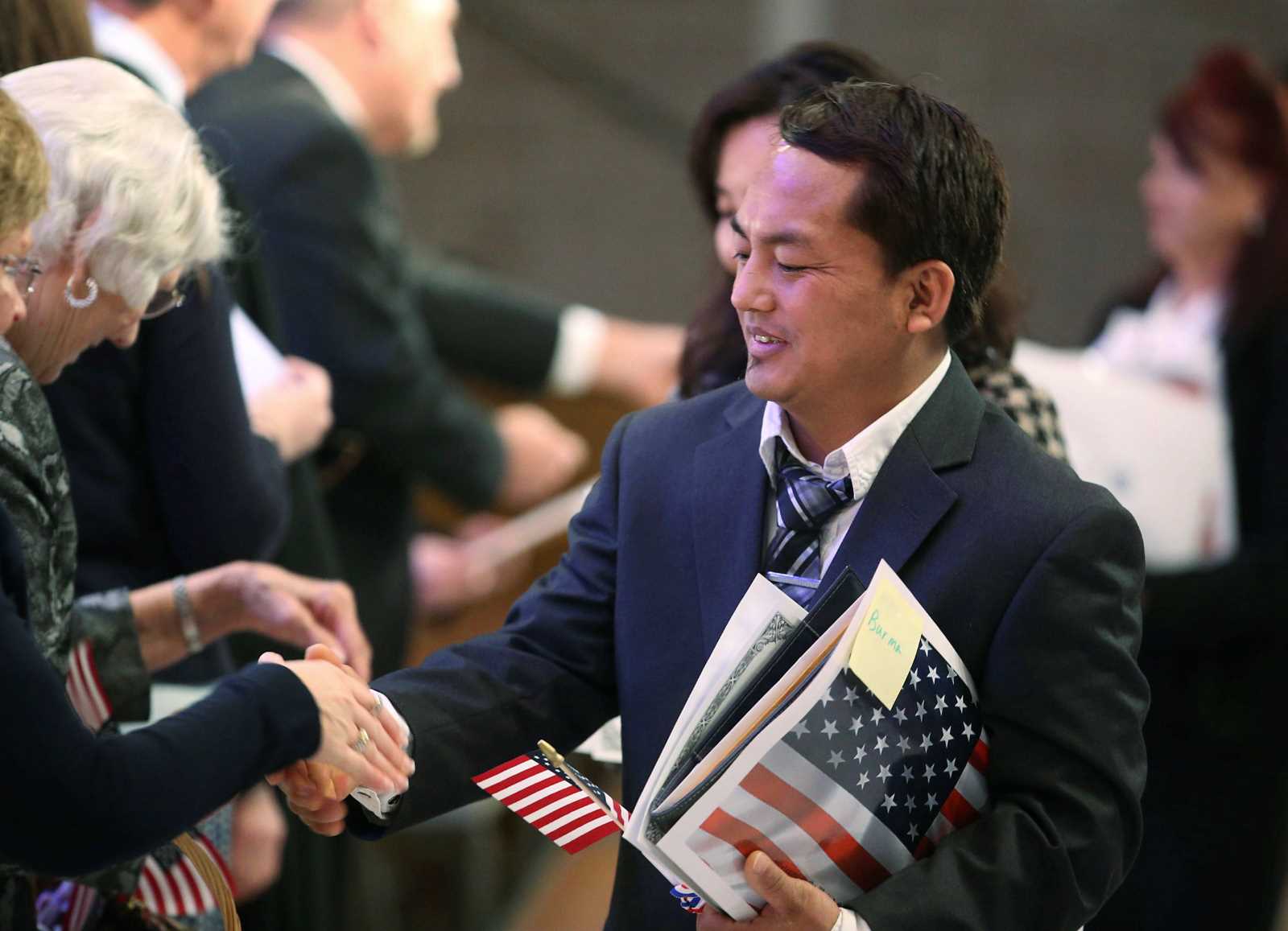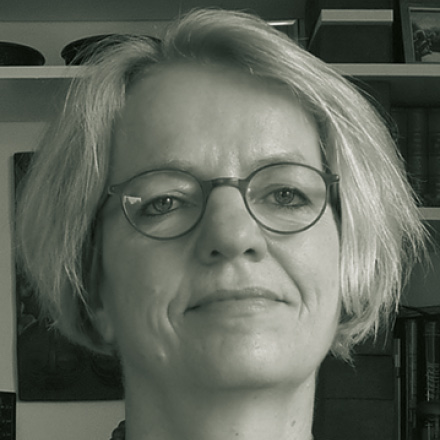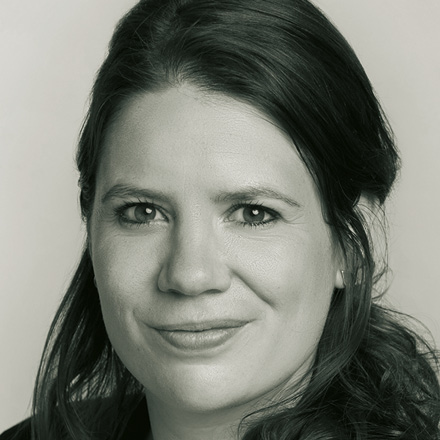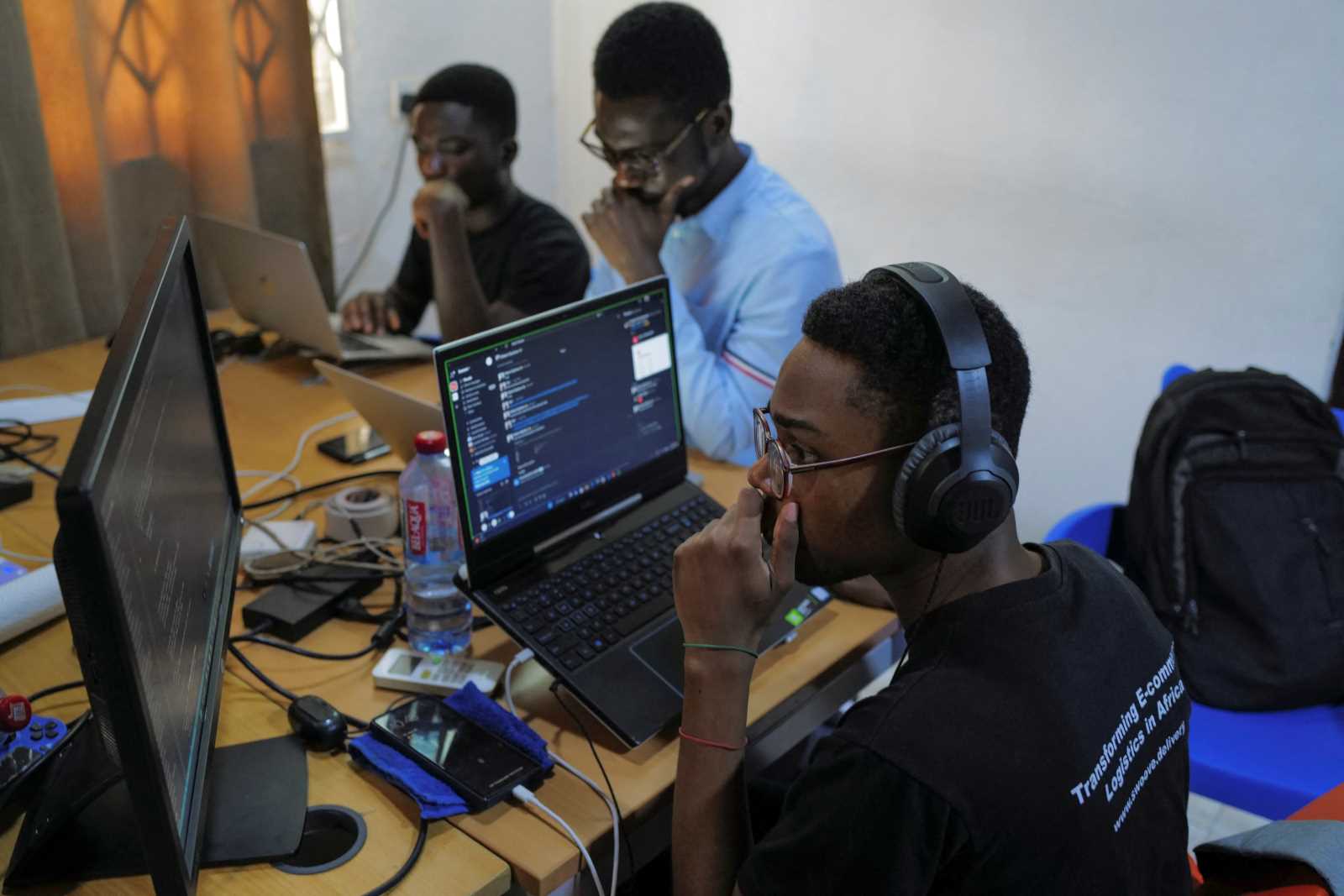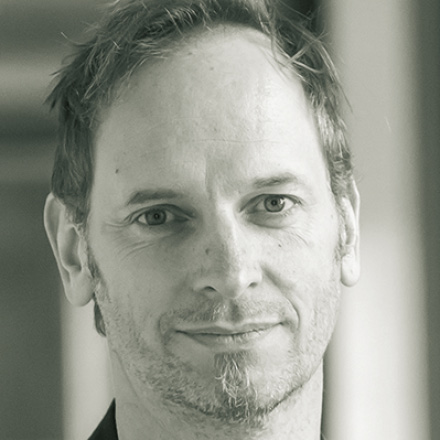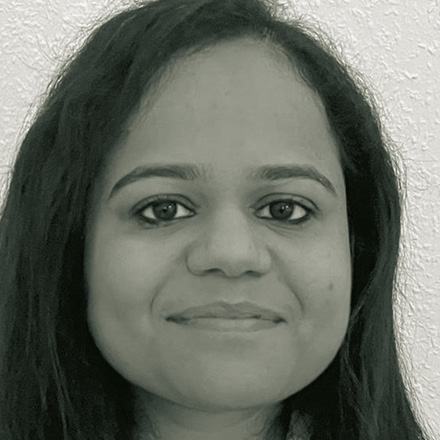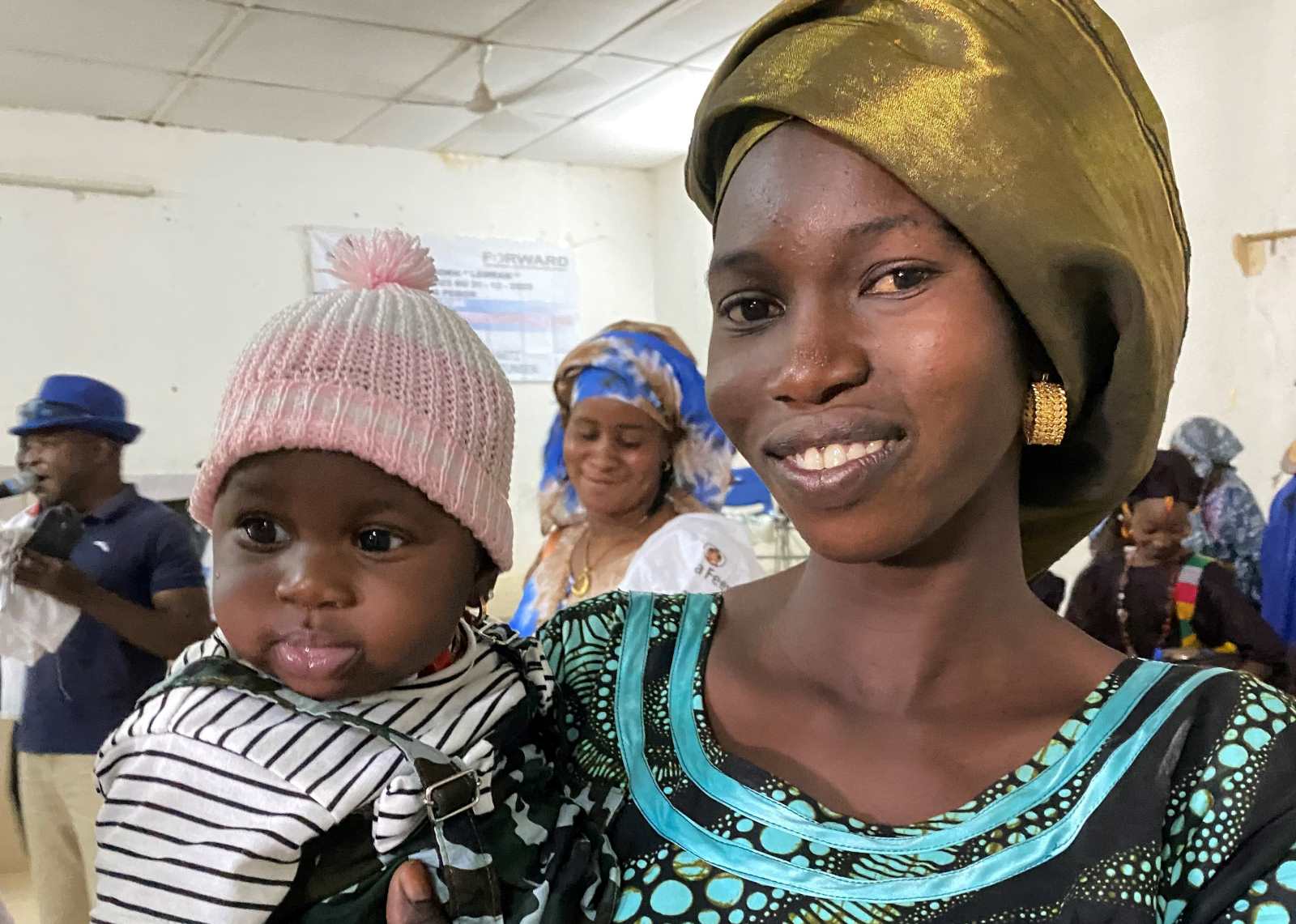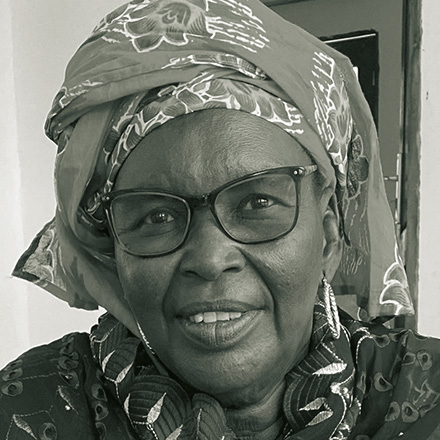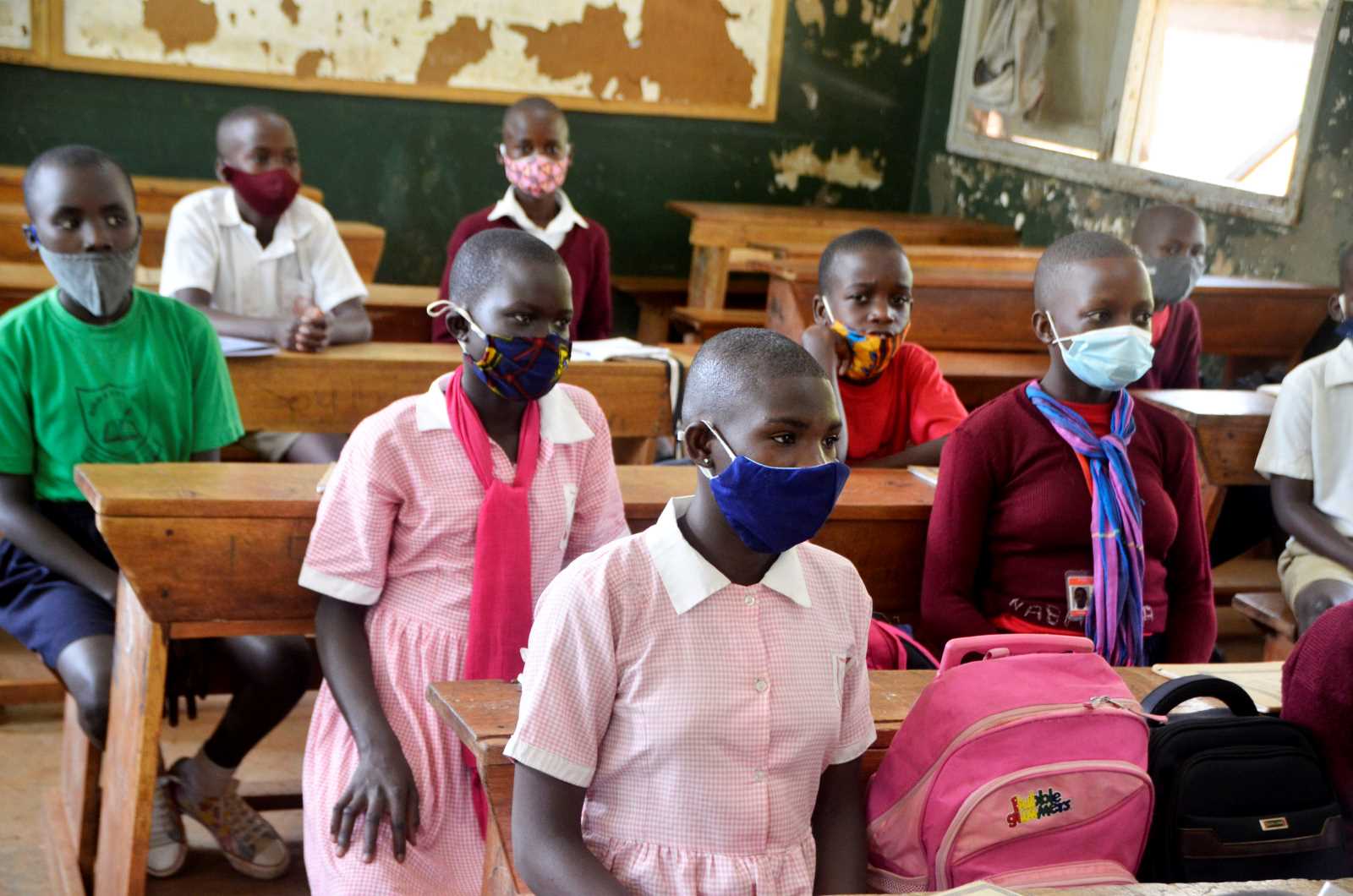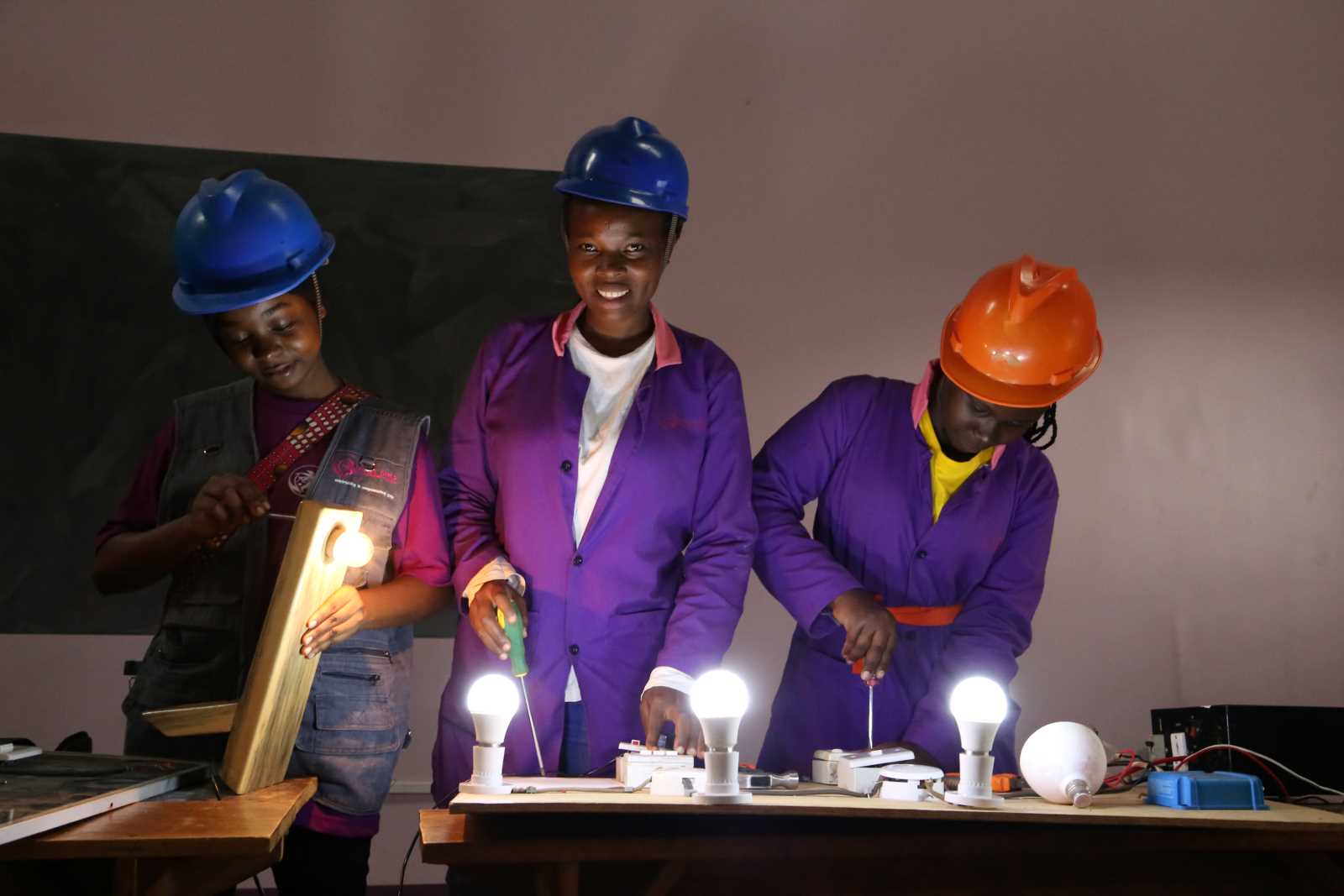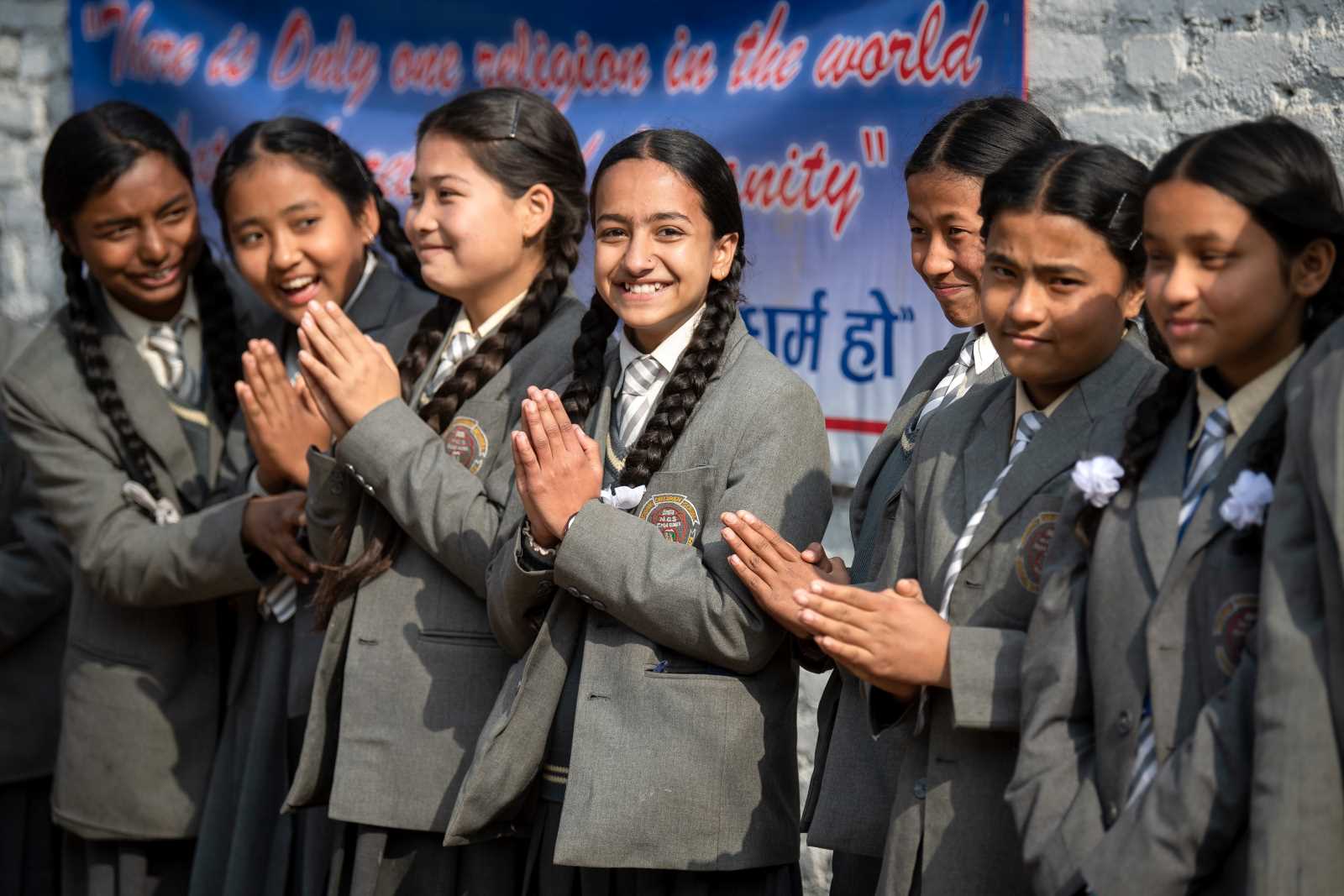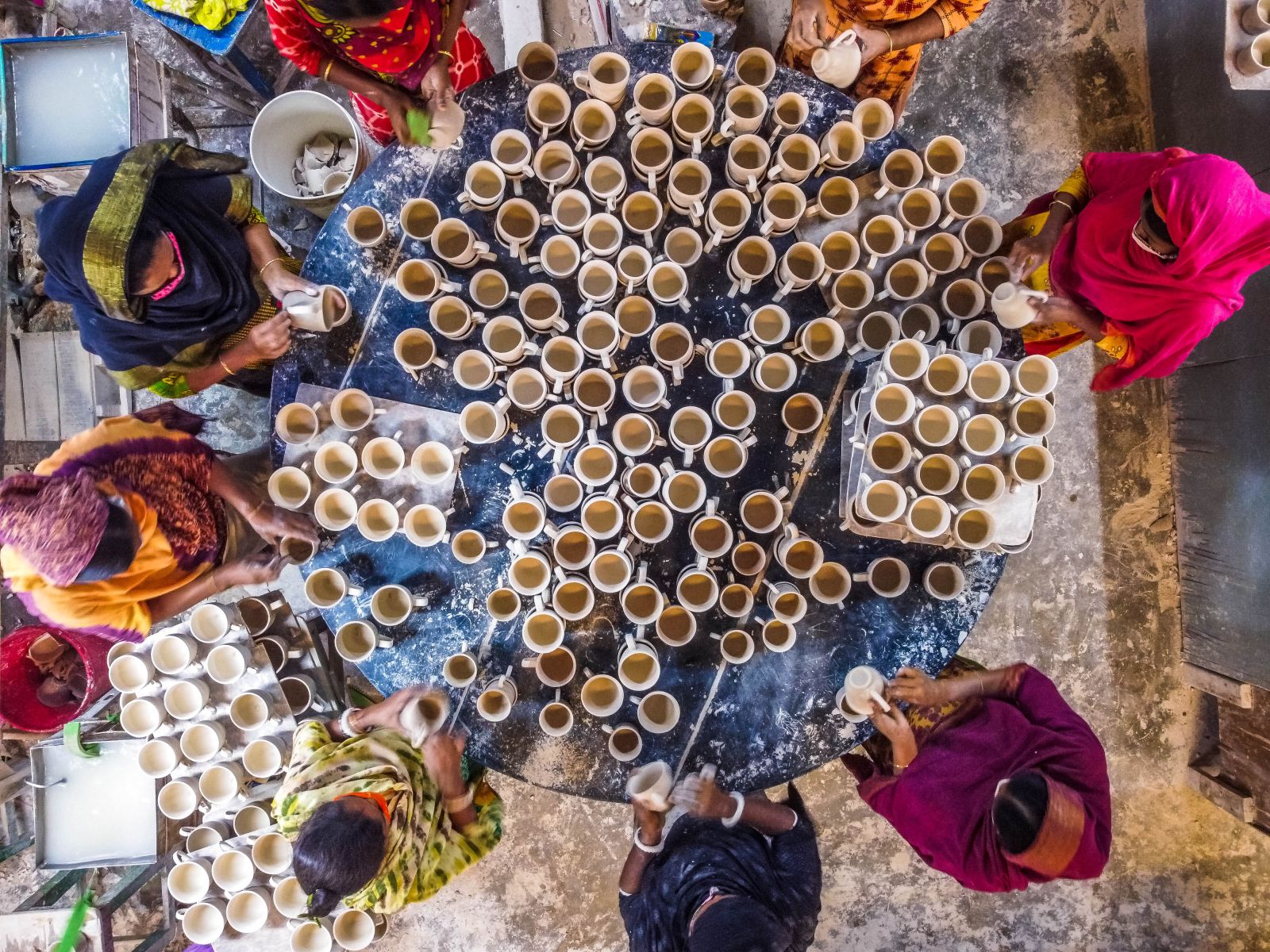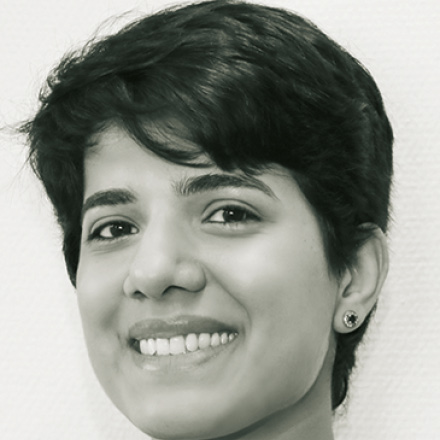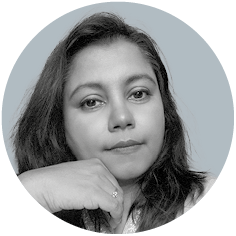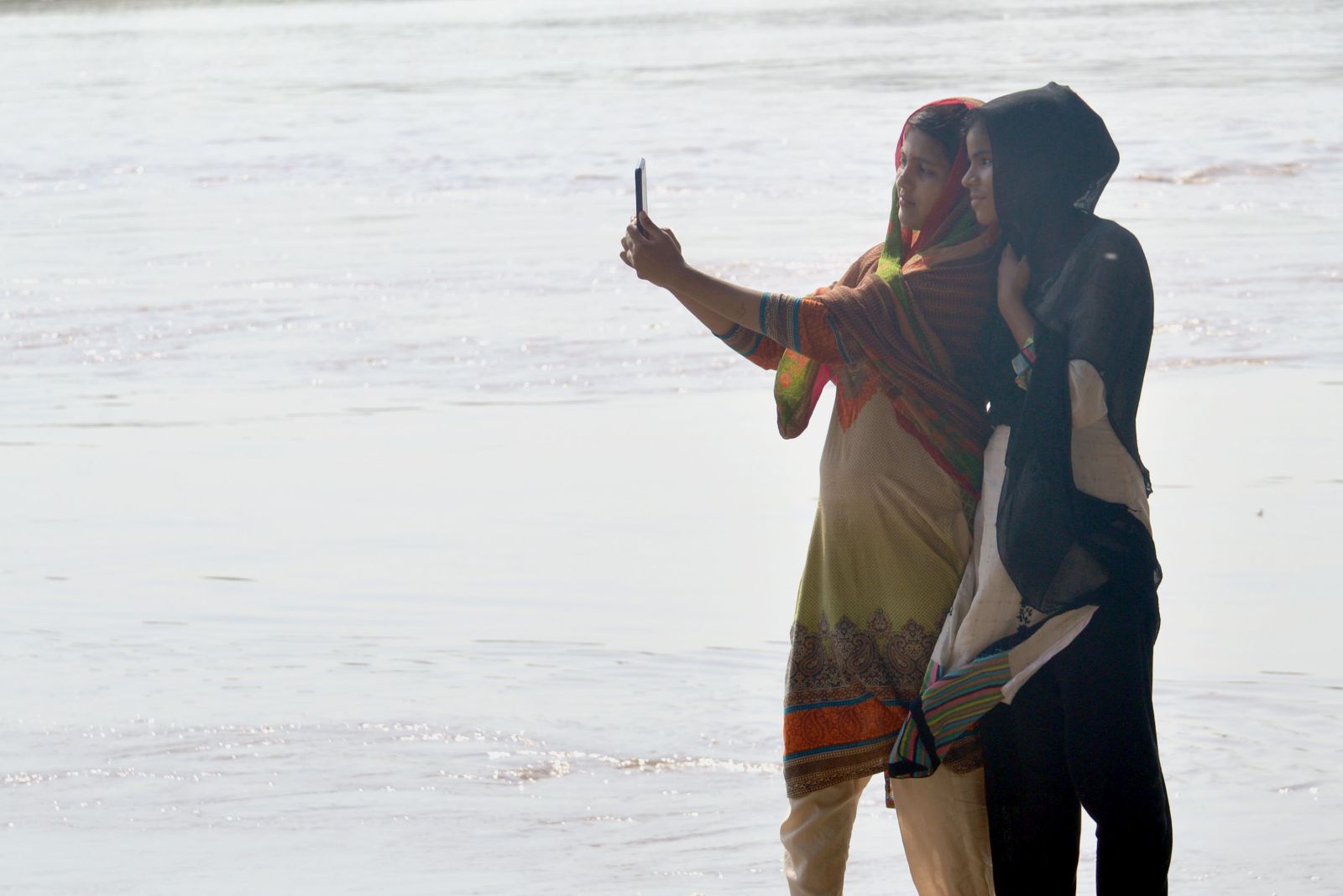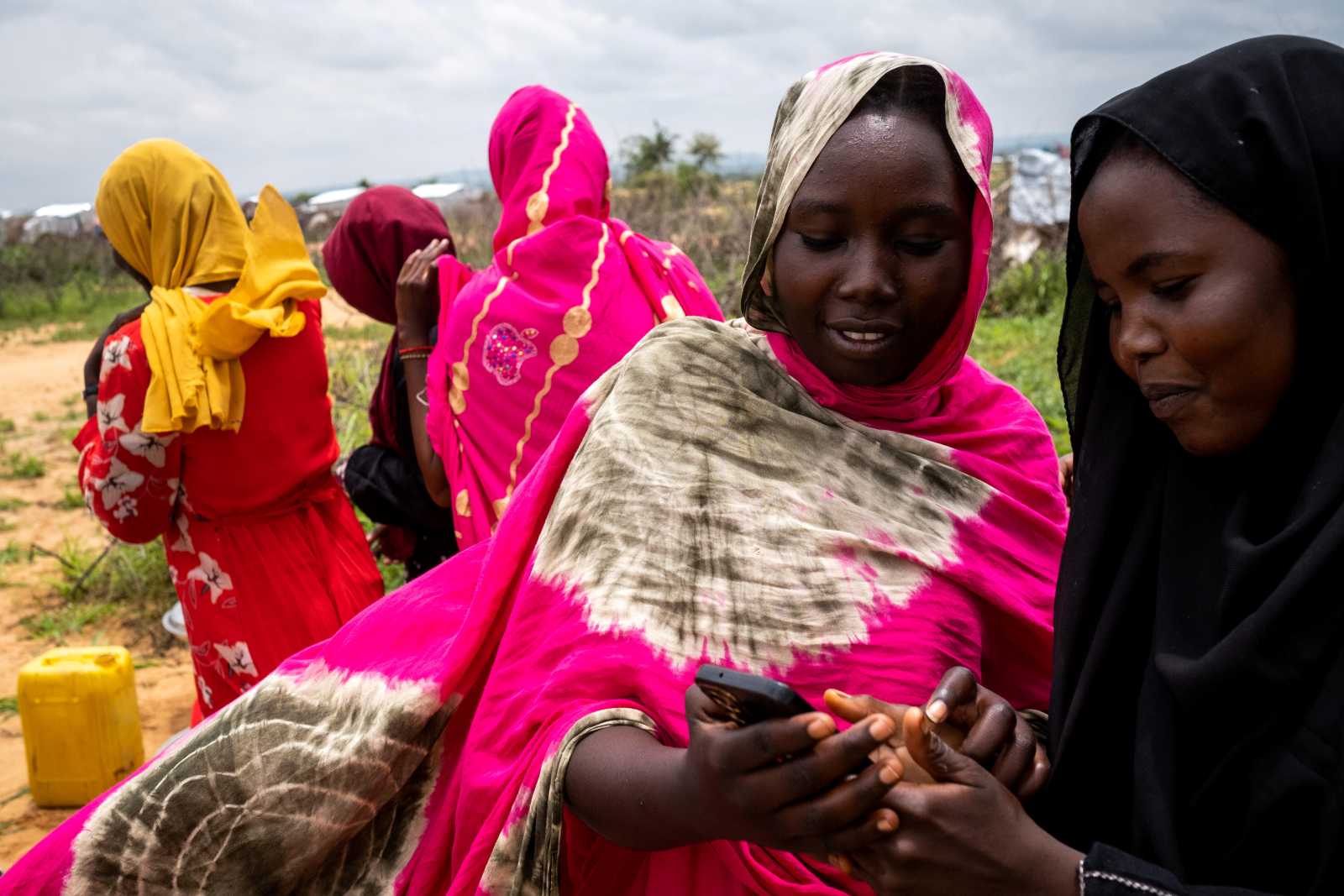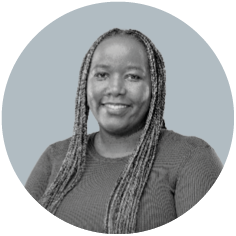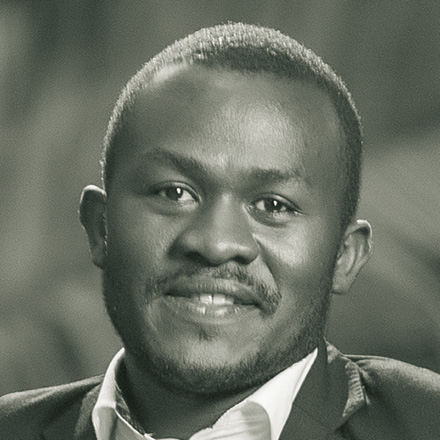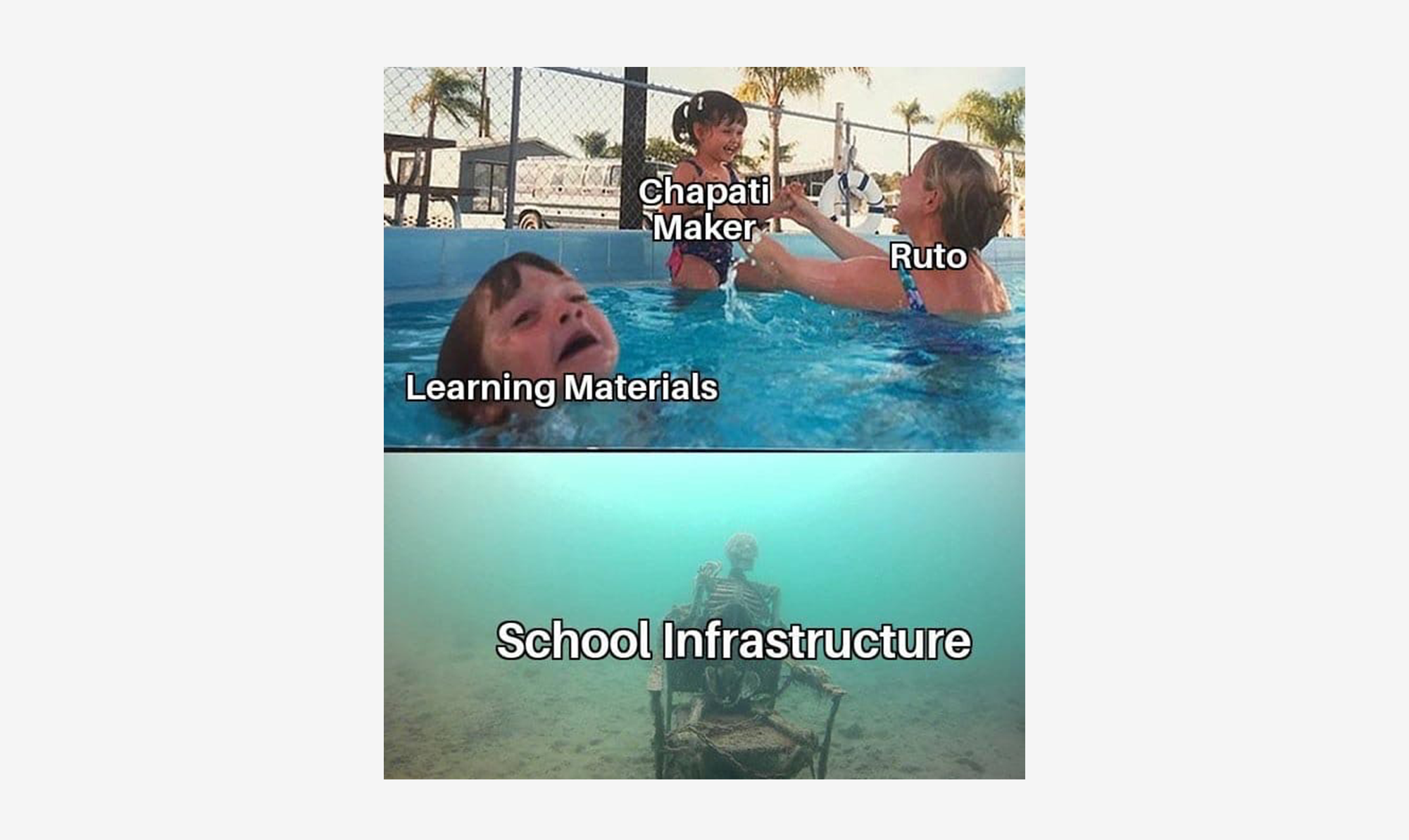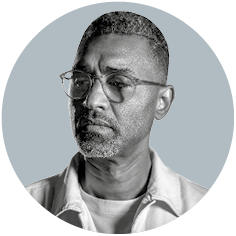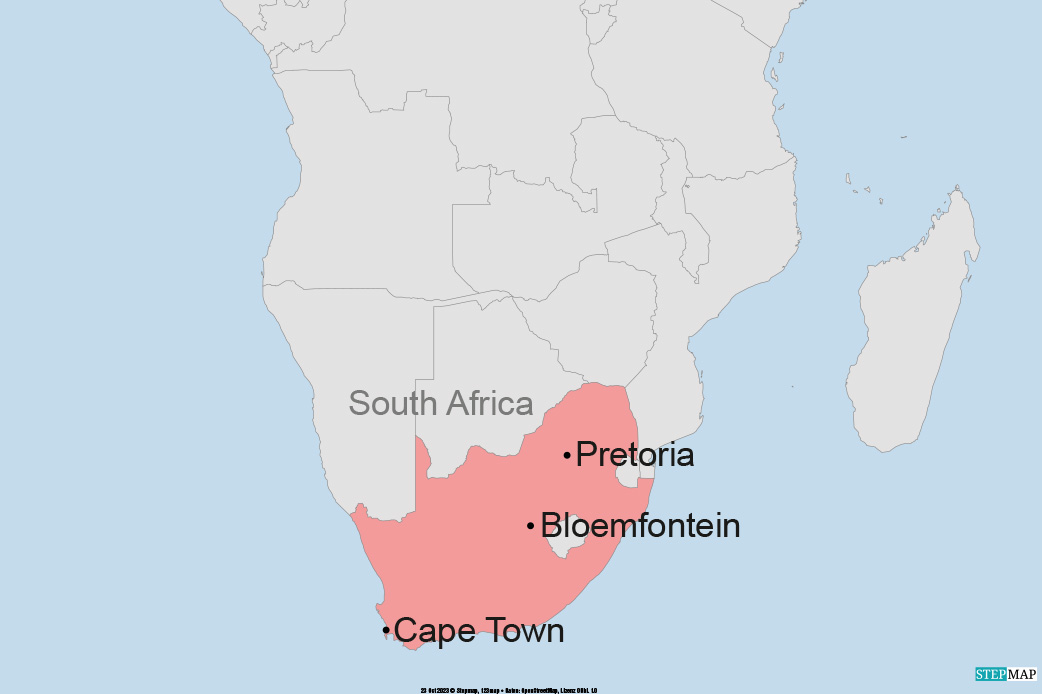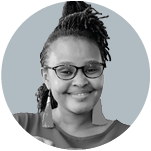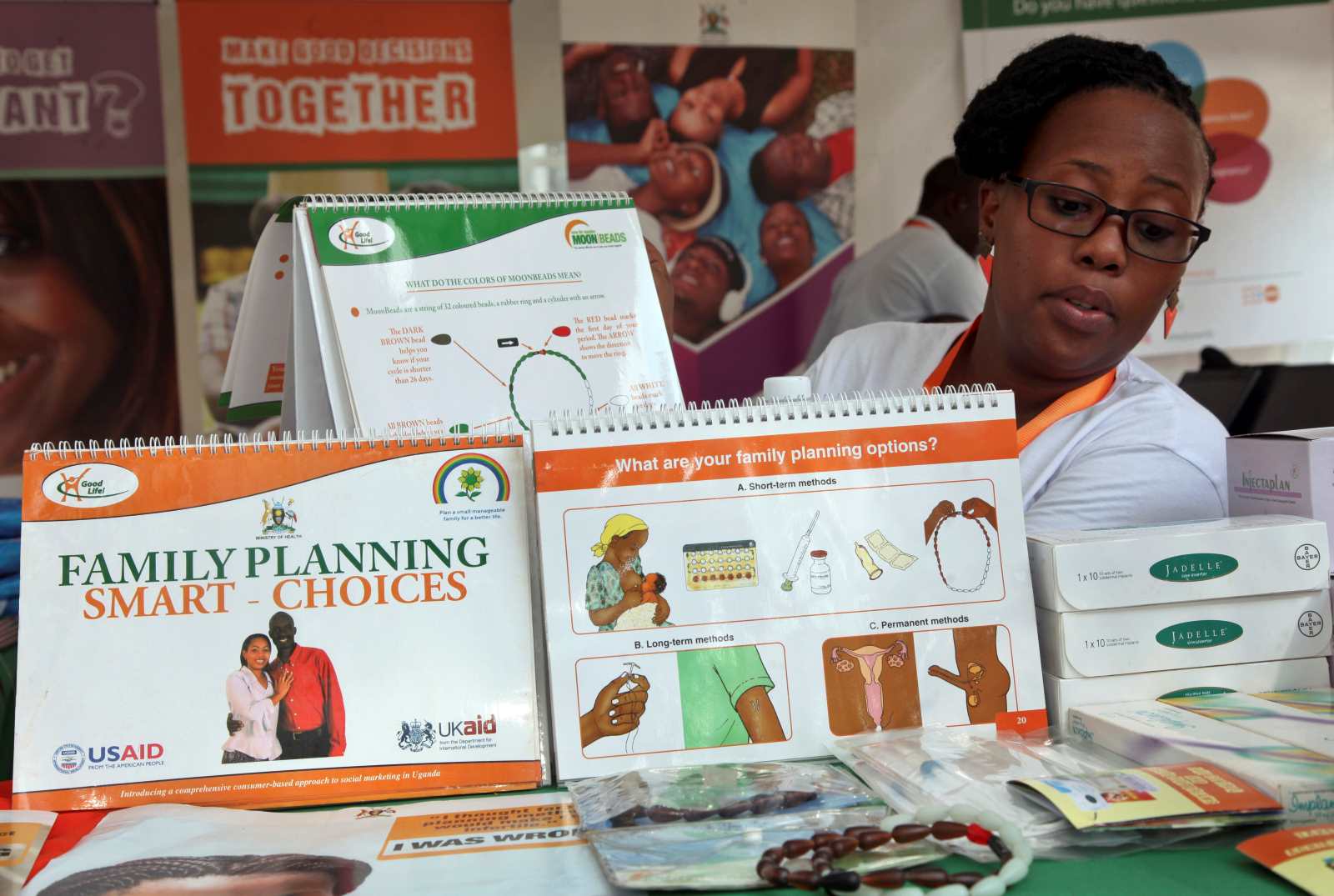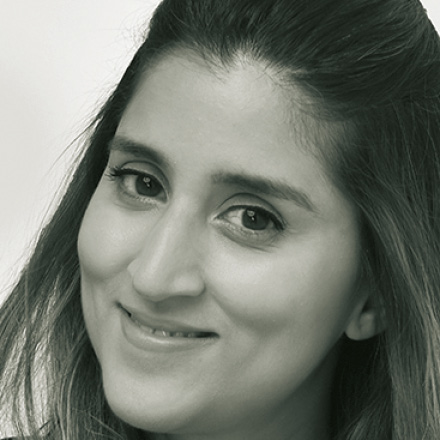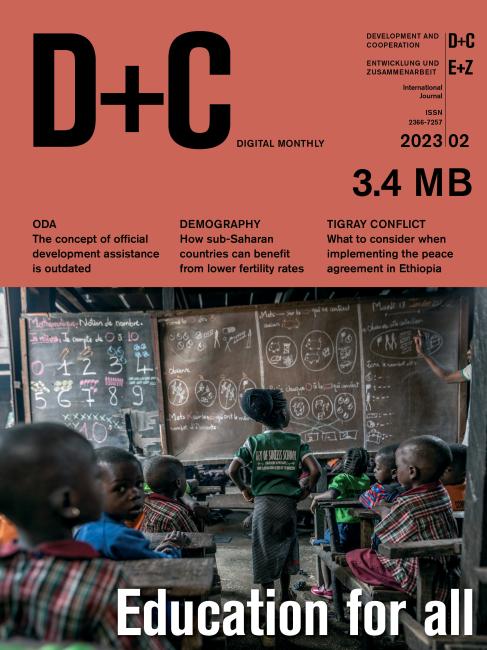Education
Around the world, access to education must be made easier and its quality has to improve
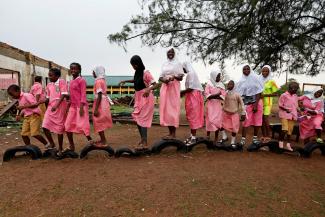
Quality education is the basis of society
The consequences of poor education are shared by society as a whole. Education is no guarantee of escaping poverty and precarious employment in the informal sector. But educated people have a chance to free themselves from downward spirals. They are empowered to make informed life choices for themselves, for example about their own bodies or their finances. And they can productively help shape their own society, participate effectively in democratic processes and identify anti-democratic tendencies.
Therefore, it must be clear: states that neglect the education sector are acting myopically. At the same time, it is not only important that young people can go to school, but also what they learn there and under what conditions. That is why the fourth UN Sustainable Development Goal (SDG) speaks of "quality education".
Recent Articles
New contributions on education
D+C/E+Z regularly reports on topics such as barriers to education, girls' education, language policy, media literacy, research and vocational training. Here you can find current articles related to the topic.
Primary and secondary education
The precondition for a self-determined life
While the illiteracy rate worldwide was only 13 % in 2022 according to the World Economic Forum, there are still many people around the world who can only read or write improperly or do not speak the official language of their country. This is not least a consequence of being denied primary education because they were sent to work instead or because cultural or religious conventions stood in their way.
But the prospects of those who have only attended primary school are bleak as well - not to mention that in-depth access to quite a few topics never opens up. Without a secondary school degree, many jobs are out of reach and often only employment in the informal sector remains.
Higher learning and labour market
Enabling opportunities
Many capable young people around the world are unable to realise their potential because they are denied access to tertiary education – through excessively high fees and costs, corrupt university systems or discrimination. Women in particular suffer from the latter. Yet the polycrises of the present make it necessary for as many bright minds as possible to participate in solution-oriented research on the most pressing problems such as the climate crisis and poverty reduction.
However, in view of high unemployment, especially in low-income countries, it is no use flooding labour markets with highly qualified university graduates who cannot be absorbed. This increases the number of those who are precariously employed in the informal sector. Instead, a high priority must be given to strengthening vocational training worldwide, not least because a skilled workforce is important for a society to function well.
Women and education
Overcoming inequality
In many patriarchal societies, boys' education is prioritised from primary school to university. Girls and young women are structurally disadvantaged in many educational systems, not least through menstrual stigma and lack of sanitation. This lays the foundation for inequality in childhood, which is continued in the lives of many women. They have fewer career opportunities, receive lower wages and are less resilient to economic crises.
Literacy
Beyond the curriculum
Basic financial and tax knowledge is usually missing on school curricula, as is media literacy. The latter is becoming increasingly important, as it enables people to identify both trustworthy sources and propaganda. At the same time, basic political knowledge is lacking in many countries, for example with regard to important institutions or processes relevant to democracy. And one's own body and health also fall short – necessary information on vaccinations and other preventive measures as well as sex education are not provided in many countries.
DIGITAL MONTHLY ON EDUCATION FOR ALL
DIGITAL MONTHLY ON EDUCATION FOR ALL
Our Digital Monthly 2023/02 focuses on equal access to quality education. Click on the title on the left to download the issue as a PDF free of charge.
The contributions of our authors deal, among other things, with
- private schools in Nigeria,
- changing values in the professional field of international cooperation,
- the educational situation of refugees in Lebanon,
- language policy in India,
- skills shortage in Ghana's IT sector and
- sex education in Mexiko.









